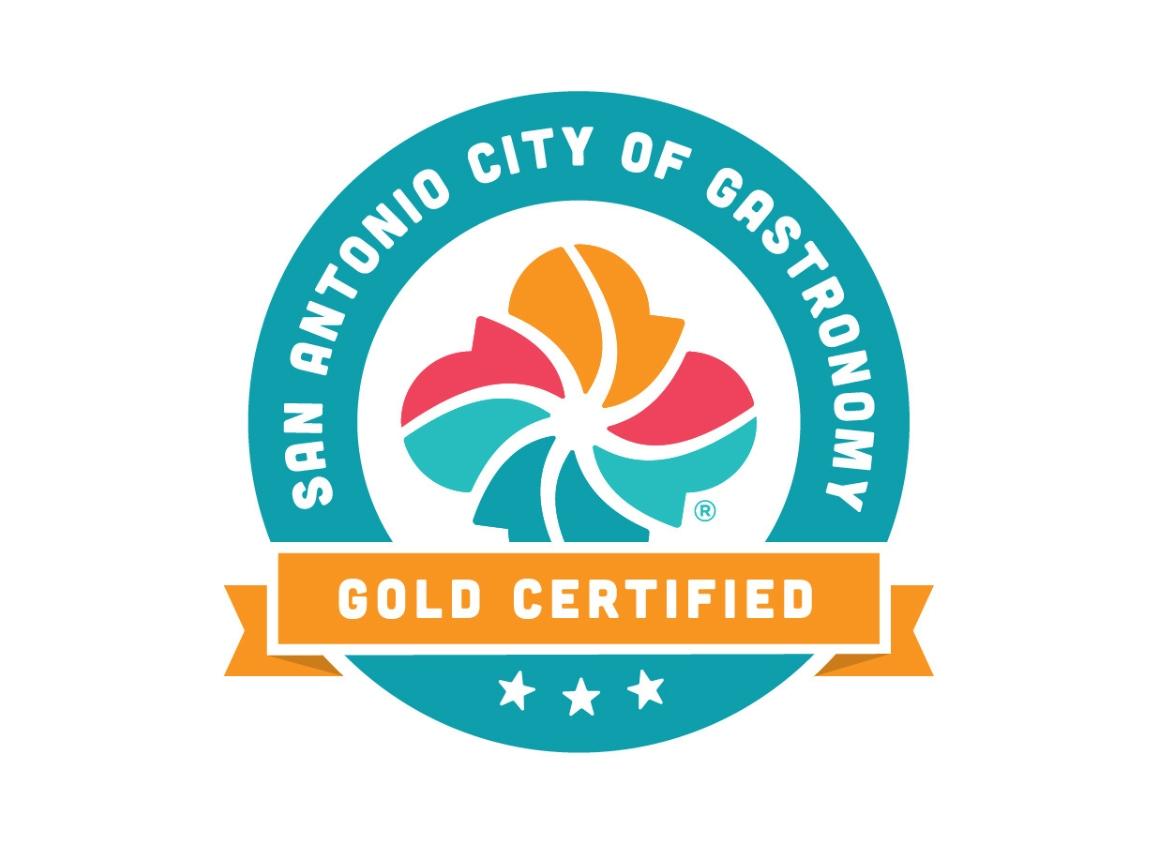
Por Vida
Por Vida is a local program that certifies restaurants based on creating healthy environments in the following areas: healthy menu options, implementation of environmentally sustainable practices, and community development initiatives. Expected outcomes: This free program promotes local restaurants and food services establishments by helping the community identify or build a healthy meal while dining out. It also promotes and encourages sustainable environmental practices throughout the culinary industry. By 2026, the goal will be to have 48 new restaurants participating in the Por Vida program. Por Vida is a 3-tierd certification program: Bronze, Silver, and Gold. Gold certified restaurants receive a San Antonio City of Gastronomy decal and certificate. In 2023, the gold certificated restaurants received a Community Impact Award by San Antonio's Mayor- Ron Nirenberg. Target Audience: Residents Partner: Government
Type of Activity:
Cooperation Project
Read More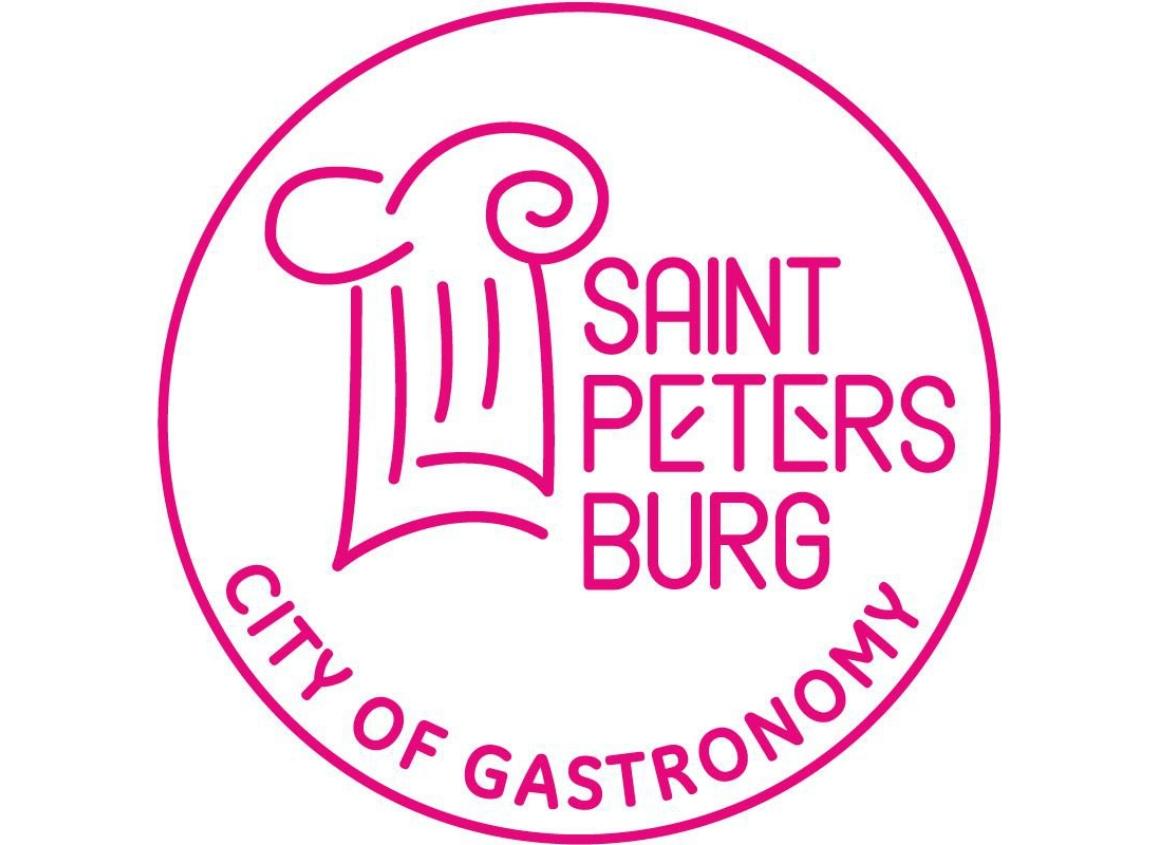
St. Petersburg breakfast
«St. Petersburg Breakfast» is an important part of the «St. Petersburg Cuisine» project. It is the largest Saint Petersburg restaurant project of the Committee for Tourism development of Saint Petersburg, St. Petersburg Convention Bureau and the electronic portal Fontanka.ru. Within the framework of the project, restaurant festivals are held, during which the city's establishments offer a fashionable and modern menu «St. Petersburg Breakfast». Many dishes on these menus are related to the history of the city by biographies of its famous inhabitants, and even characters in literary works. Expected outcomes: The goal of the «St. Petersburg Breakfast» project is to promote Saint Petersburg as the culinary capital of Russia, to form a unique gastronomic image of the city, as well as to increase the tourist attractiveness of Saint Petersburg for foreign and Russian guests. In addition, the idea of the project is to acquaint guests with the history of the city through unique recipes, for example, through dishes related to the culinary preferences of prominent historical figures of Russia. As a brand, «St. Petersburg Breakfast» is important not only for guests, but also for citizens, in particular young people, to preserve and maintain urban traditions rooted in the history of Saint Petersburg. The project should be associated not only with dishes, but also with their aesthetic perception, reflecting the Saint Petersburg style. Supplementary Information Within the framework of the «St. Petersburg Breakfast» 2 Gastronomic festivals were held. Each of the restaurants prepared two dishes: the first was mandatory («Pancakes from Arina Rodionovna» or «Leningrad crumpets»), the second was chosen by the chef himself. The final of the festival was a gastronomic competition in which 12 chefs participated. In 2023, 99 restaurants took part in the 1st Gastronomic festival. In September 2024, Saint Petersburg hosted the 2nd «St. Petersburg Breakfast» Festival, which was attended by 130 restaurants, cafes, pastry shops and bistros. The event was dedicated to the 225th anniversary of Alexander Pushkin. The participants of the event received technological maps for cooking the «St. Petersburg Breakfast» series, which include a list of ingredients and recipes for famous porridges, pancakes and cheesecakes, as well as Saint Petersburg specialty snacks. Unified technological maps are recognized as an important basis for the development and promotion of the project, while each chef has the right to create their own original interpretation of dishes. The idea of the project is for tourists to be able not only to taste dishes prepared at a high level, but also to learn the culinary preferences of prominent historical figures of Russia. For example, pancakes were named after Alexander Pushkin's nanny, Arina Rodionovna. Target audience: Residents, Visitors, Press & media. Partners: Government, Private sector, Culinary Schools, Press, and other partners. This is an ongoing project.
Type of Activity:
Best Practice, Communication, Cooperation Project, Event, News, Open Call, Policies, Studies & Research & Evaluations
Read More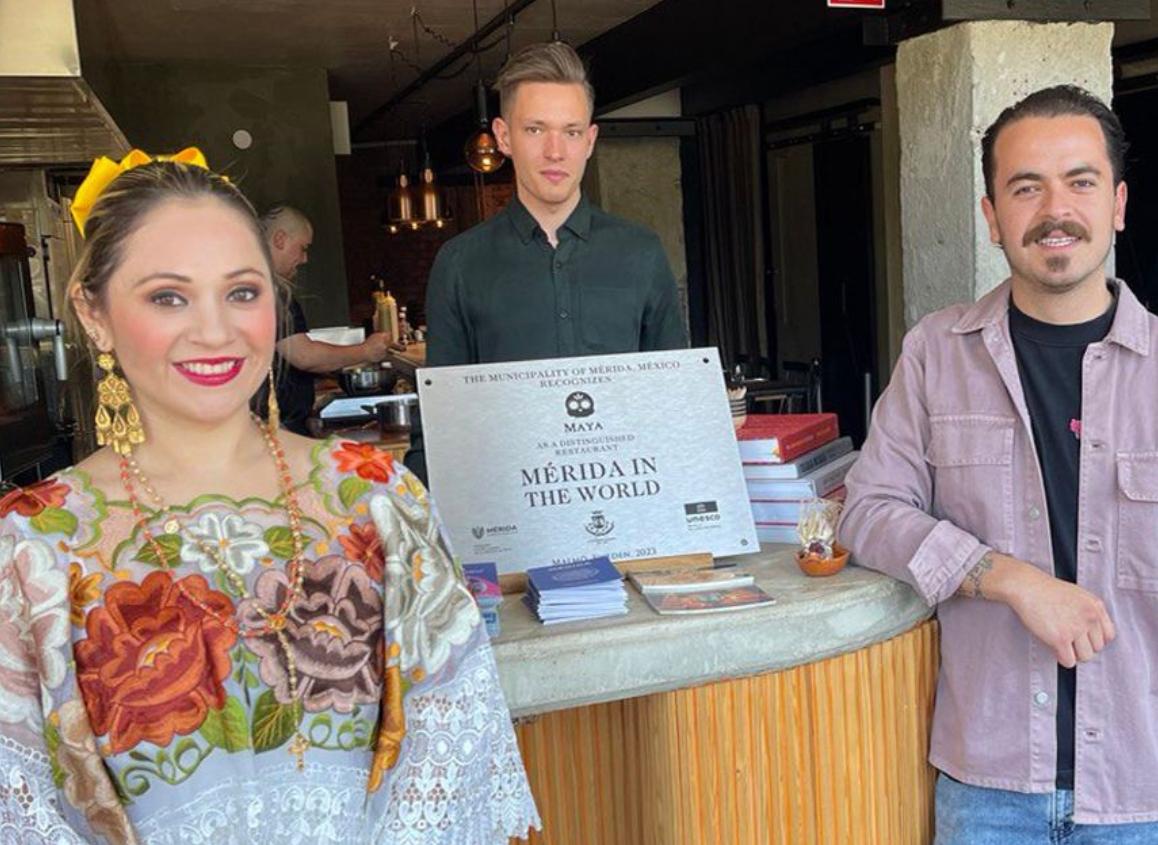
Mérida Gastronomic Consulate
Mérida Gastro Recognize the talent and work of chefs and entrepreneurs from the city of Mérida who have established gastronomic businesses in other parts of the world or the work of people from other states and countries that offer Yucatecan gastronomy in their home societies. Expected outcomes: At least one more restaurant to be awarded in 2024. Target Audience: Private sector Partners: Foreign affairs offices (Embassies/Consulates), NGOs, Private sector. This is an ongoing project.
Type of Activity:
Cooperation Project
Read More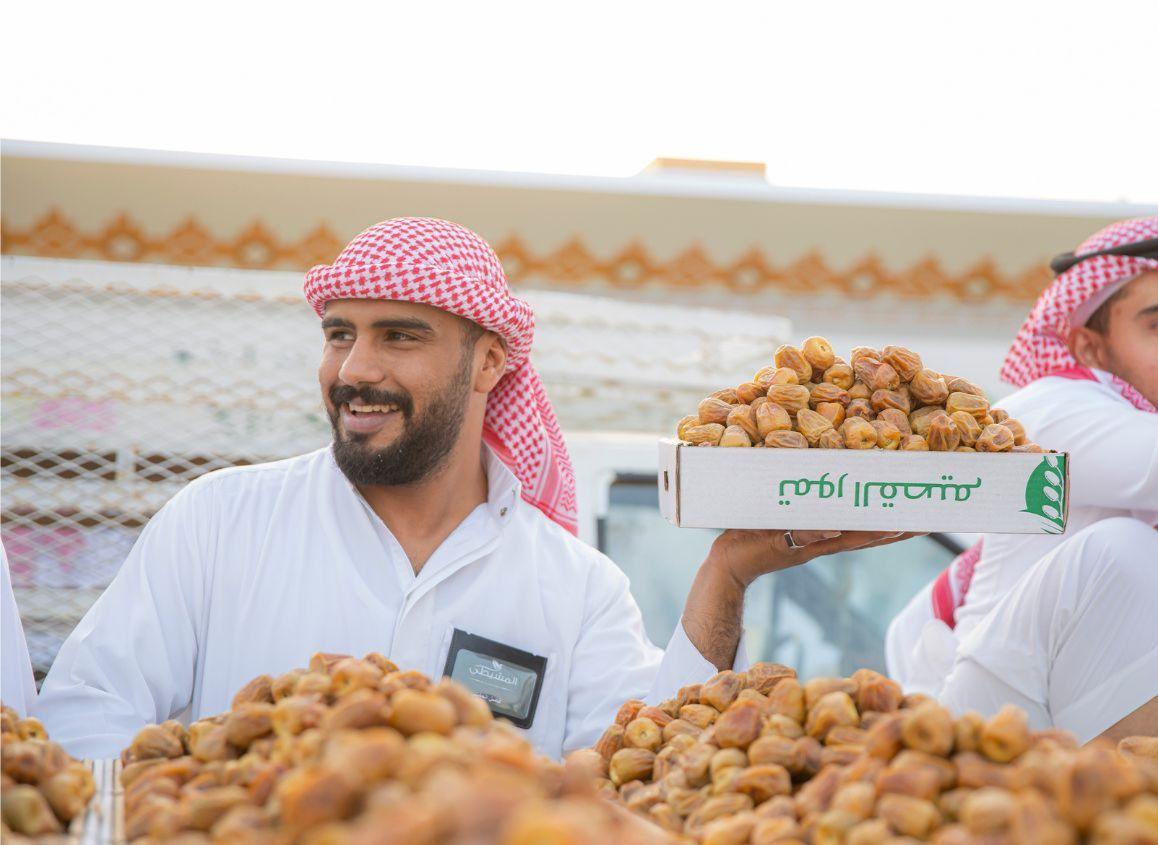
Buraydah Dates Carnival
Buraydah organizes an annual date carnival starting in August, celebrating the cultural and gastronomic heritage of dates while fostering economic and social development. Known as “the golden season” by farmers, this festival lasts two to three months and serves as a platform to highlight the cultural significance and economic potential of Saudi Arabia’s date industry. The carnival spotlights Saudi Arabia’s golden jewels and brings with it numerous cultural and economic opportunities, including thousands of seasonal jobs for youths, local farmers, and productive families, reflecting the festival’s commitment to empowering communities and promoting inclusive growth. The carnival also positions Buraydah as an agricultural tourist destination, offering a wide range of activities to ensure a remarkable experience for visitors and establish a hub for innovations in agricultural techniques in terms of production quality and environmental protection. Expected outcomes: The carnival aims to preserve the cultural heritage of dates while reinforcing the market growth, promoting Buraydah as an agricultural and tourist destination, and supporting the local community. The carnival also encourages agricultural innovation and contributes to sustainable development. Target audicence: Residents, NGO's, Academic institutions & research centres, Visitors, Press & media. Partners: Government, NGOs, Private sector, Universities or research centres, Press. This is an ongoing project.
Type of Activity:
Best Practice, Cooperation Project, Event
Read More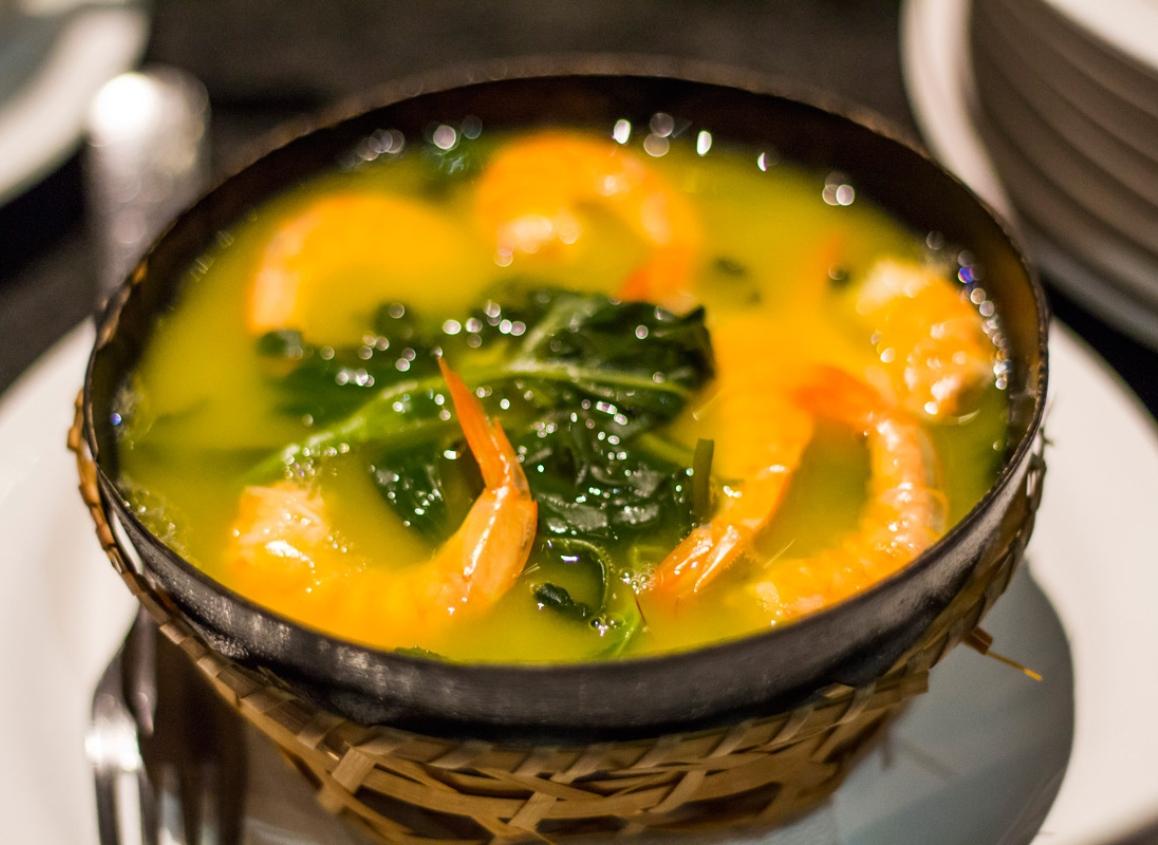
Tacacazeiras Festival
Tacacá is a typical dish from the Amazon. With indigenous origin, it is much appreciated by residents and those who visit Belém. The Tacacazeiras Festival, which had its fifth edition in 2024, is held annually in honor of the women who traditionally serve this delicacy throughout the city, those that even have the “Tacacazeira Day”, established through Municipal Law No. 8,846/2011. Expected outcomes: The Festival aims to contribute to the preservation and promotion of local gastronomic culture, while also presenting traditional dance and music attractions from the region. Target Audience: Residents, Visitors. Partners: Government, Private sector.
Type of Activity:
Best Practice, Event
Read More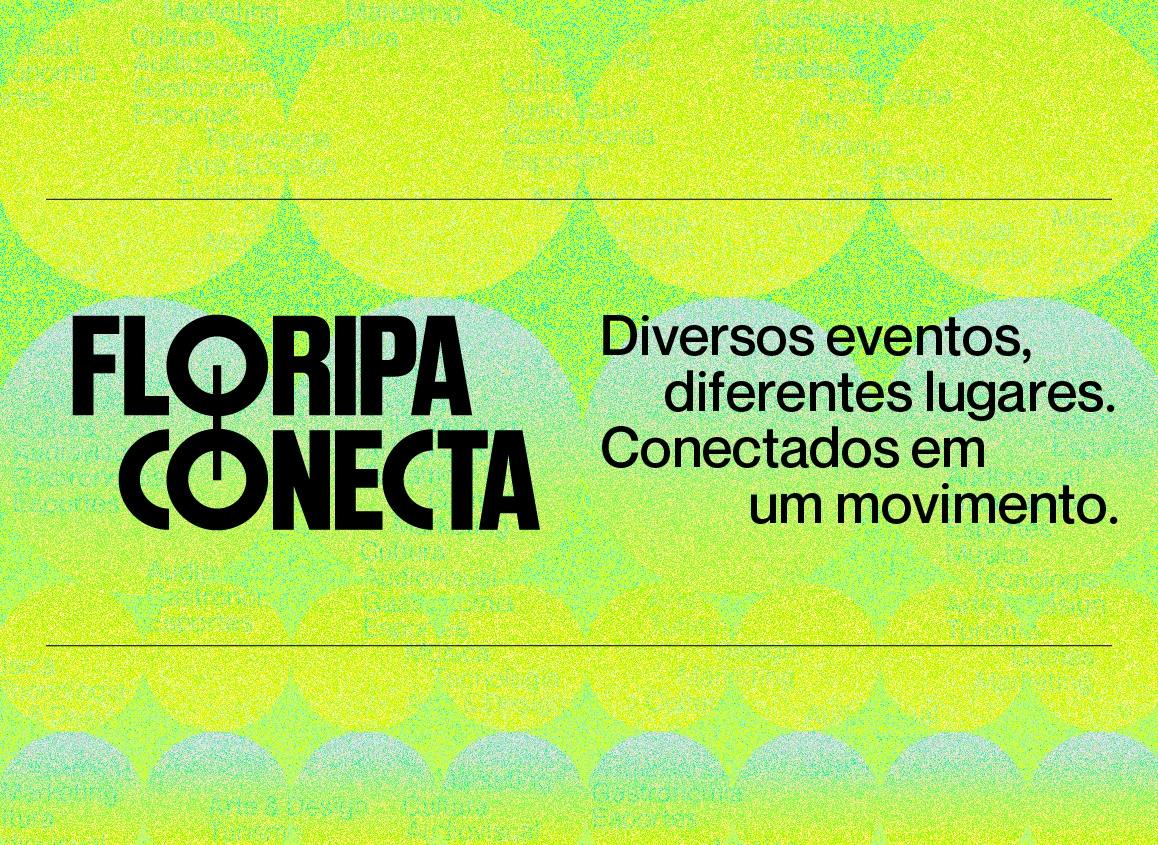
I Municipal Food and Nutritional Security Plan Florianopolis 2023 - 2028
Florianópolis is committed to progressively guaranteeing the Human Right to Adequate Food, guaranteeing the food and nutritional security of the population residing in Florianópolis, through the implementation of Public Food and Nutritional Security Policies with the preparation and execution of the 1st Municipal Security Plan Food and Nutritional. Prepared by the Intersectoral Chamber of Food and Nutritional Security of Florianópolis - CAISAN. Expected outcomes: it aims to achieve the objectives of Public Policies, Programs and Actions related to Food and Nutritional Security based on guidelines issued by the Municipal Council of Food and Nutritional Security of Florianópolis - COMSEAS, originating from of National, State and Municipal conferences. Target Audience: Residents Partenrs: Government, NGOs, private sector, universities or research centres and culinary schools.
Type of Activity:
Best Practice
Read More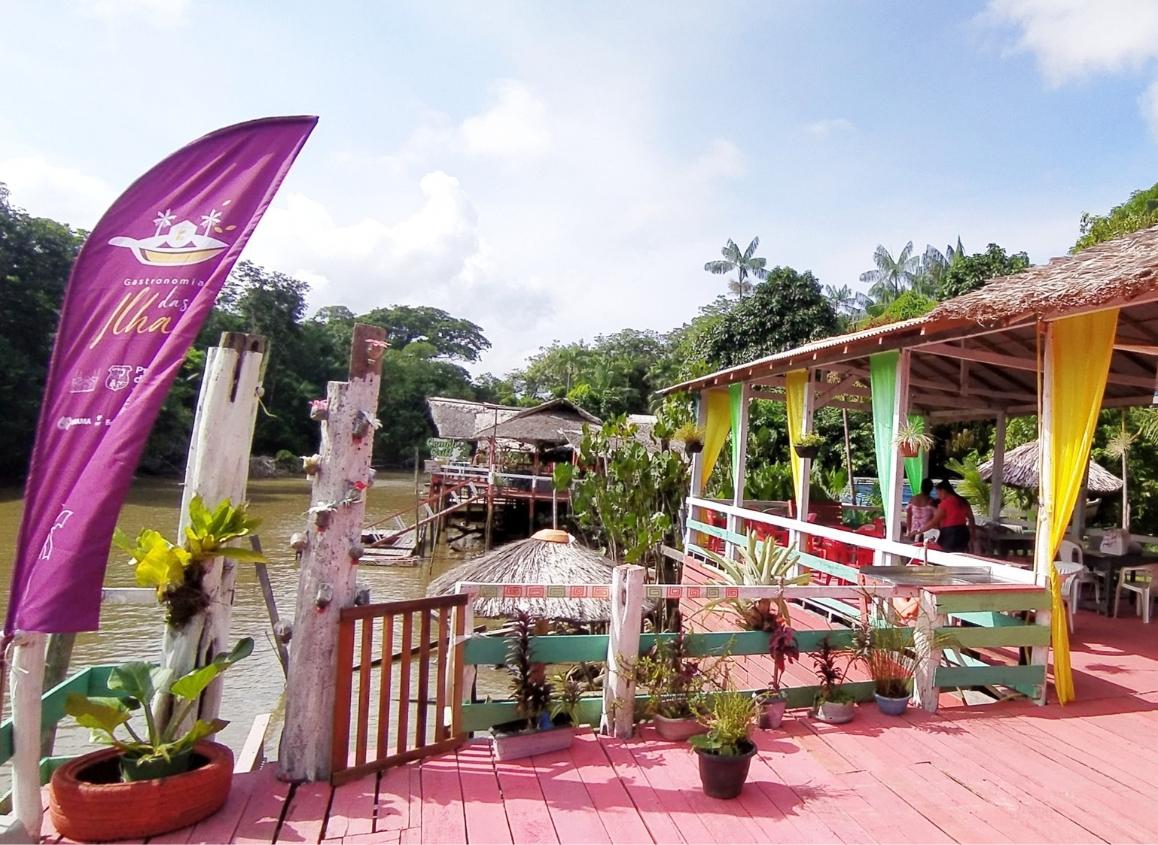
Gastronomy Of The Islands Project
The Project seeks to preserve and strengthen the traditional gastronomic culture of the islands that make up the City, covering the islands/districts of Combu, Mosqueiro, Icoaraci, Outeiro and Cotijuba. In addition to Gastronomy, the Project also has great relevance for promoting tourism on those islands, enchanting visitors with its stunning landscapes, exuberant flora and fauna and characteristic music. Expected outcomes: To develop economically and environmentally sustainable operations in the gastronomy sector on the islands of Belém, offering training to entrepreneurs, producers and workers in the sector, which encourages the development and improvement of local production of inputs, hence contributing to reducing costs and improving income and quality of life of producers in the region. Target Audience: Residents, Private sector, Public sector, Visitors. Partners: Government, Private sector, Universities or research centres, Culinary Schools.
Type of Activity:
Best Practice, Cooperation Project, Event, Policies
Read More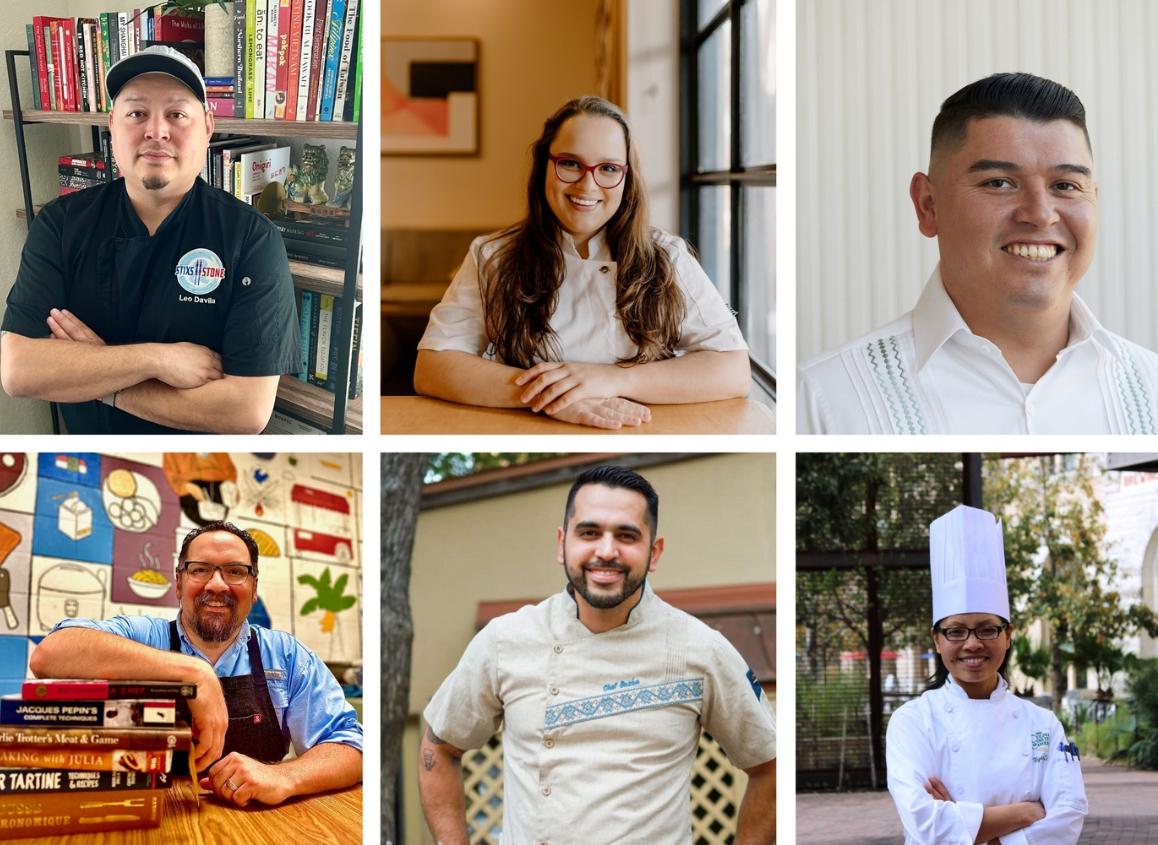
Chef Ambassador Program
Selected Chef Ambassadors will represent the distinctive culinary heritage and culture of San Antonio locally, nationally, and internationally at UNESCO Creative Cities Network and other events and festivals. Six chefs have been selected through a competitive application process for the 2023-2025 Call for Chef Ambassadors. Expected outomes: The selected chefs will communicate San Antonio’s deep and complex gastronomic heritage to a national and international audience. They will also participate in international chef exchanges by sharing best practices. Target Audience: Private sector Partners: Private sector, Culinary Schools.
Type of Activity:
Best Practice, Cooperation Project
Read More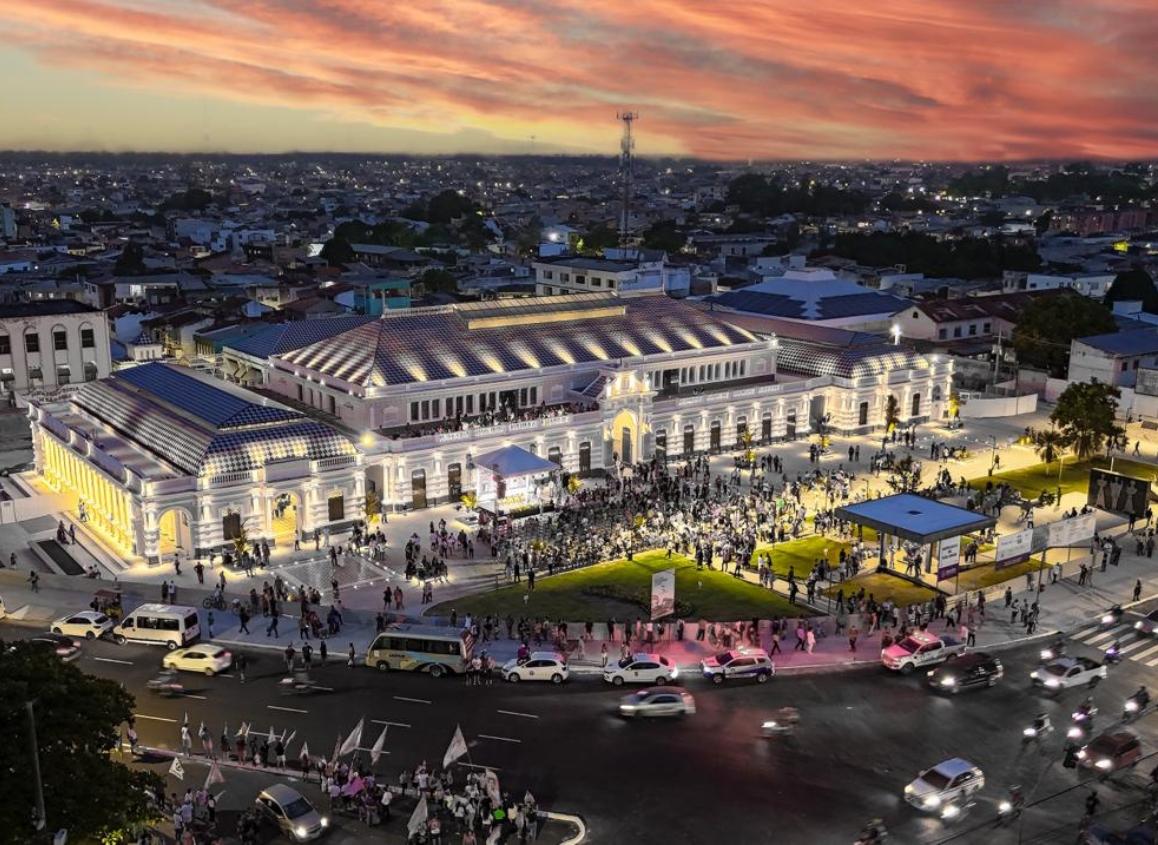
Recovery of the São Brás Market
Recovery and re-adaptation of the historic São Brás Market in Belém, built at the beginning of the 20th century, mixing elements of art nouveau and neoclassical styles, with sculptural details also in iron and decorative tiles. The new Market will strengthen the local economy, as a new and modern tourist, gastronomic and cultural complex with an economically and environmentally sustainable vision. Expected outcomes: Provide the City with a renewed Market, prepared to offer residents and visitors regional products and services in a very pleasant and comfortable location, with strict attention to sustainability. Target Audience: Residents, Visitors Partner: Government, Private sector, Universities and research centres.
Type of Activity:
Best Practice, Policies
Read More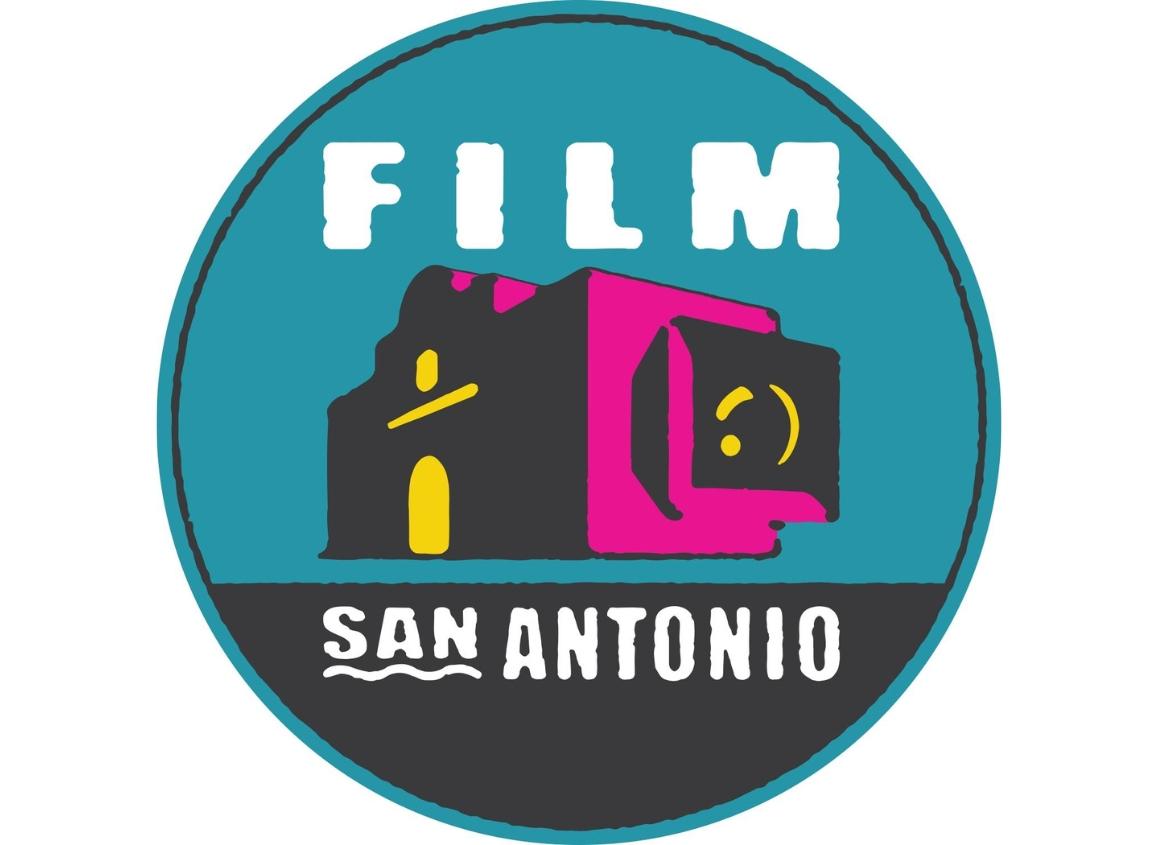
#FilmSA Contest 2024
Hosted in collaboration with the City of San Antonio's World Heritage Office and Arts and Culture department, #FilmSA Contest is a film competition coordinated by the San Antonio Film Commission that is devoted to telling the story of the people, places, and shared experiences that make San Antonio a vibrant and celebrated city for visitors, residents, and filmmakers. In 2024, the UNESCO Creative City of Gastronomy #FilmSA theme will focus on our local food system. Expected outcomes: The contest’s purpose is to inspire youth to explore the art and craft of filmmaking while expanding their knowledge of and appreciation for San Antonio. Filmmakers will be entered into the age categories 14 – 17 years old and 18 – 21 years old. A total of four winners will receive $1,000.00 awards; two from each film category. The main objectives for the "Beyond the Plate: Exploring San Antonio's Food System" are: (1) To help filmmakers acquire a better knowledge of our local food system and why it is important to support our local food system, as a UNESCO Creative City of Gastronomy. (2) To allow filmmakers to understand the current challenges we have in our food system, such as food insecurity, climate change, or food consumption patterns and any related issues. (3) To allow filmmakers to understand ways our community can improve and support our local food system through awareness and education. Target Audience: Residents Partners: Government and others.
Type of Activity:
Cooperation Project
Read More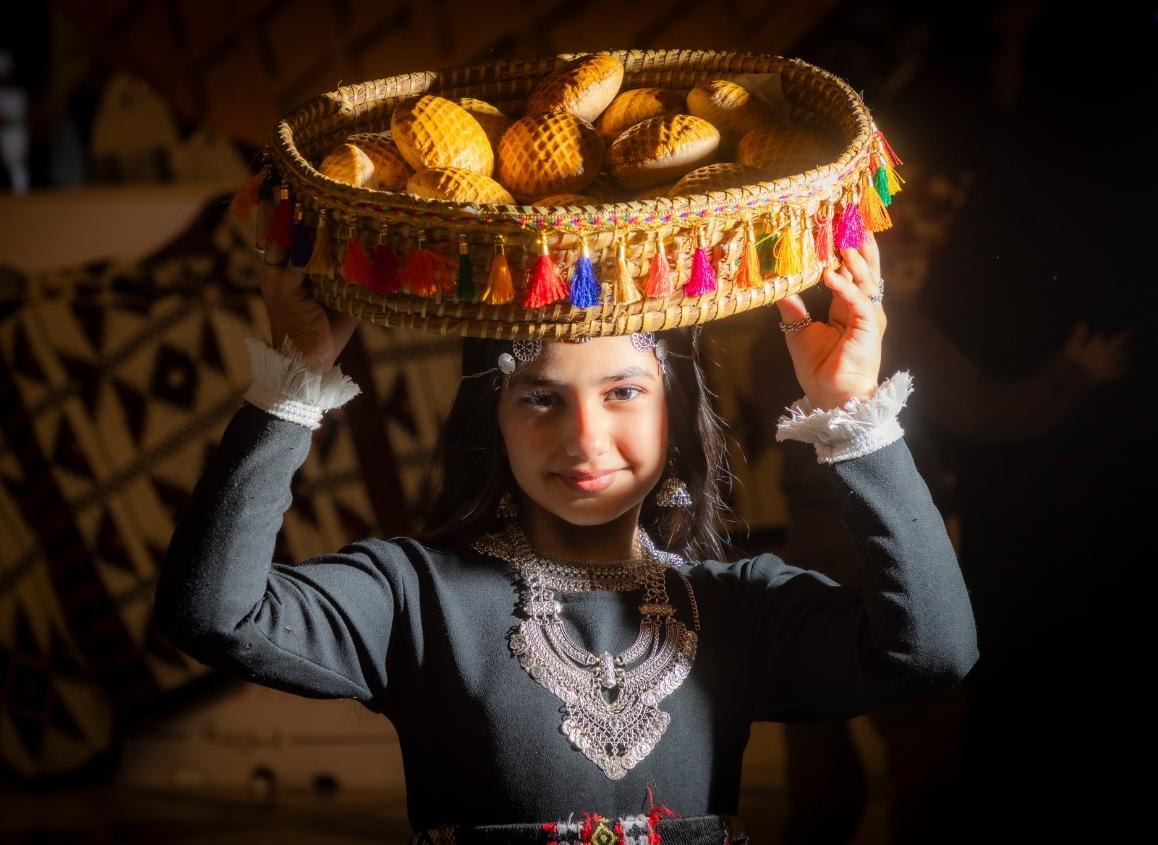
Kleija Festival
The Kleija Festival first took place in 2009, with a mission to celebrate and promote Buraydah's traditional cuisine while supporting local families and showcasing their products. Named after the beloved Kleija pastry, a symbol of the city’s culinary heritage, the festival has grown into a cherished annual tradition in the heart of Buraydah. Organized by Qassim Chamber of Commerce and Industry, it aims to preserve the cultural heritage of the region while creating economic opportunities for local families. The festival also features a rich lineup of activities, including folkloric performances, handmade crafts, and art displays, turning Buraydah into a hub of culture and creativity. Expected outcomes: The festival aims to preserve and revive cultural heritage, support and market productive families, and promote sustainable practices. By encouraging best practices and fostering economic growth, the festival plays a key role in enhancing quality of life, making it a vital event for the community. Target Audience: Residents and visitors. This is an ongoing project. Partners: Government and Private Sector.
Type of Activity:
Best Practice, Event
Read More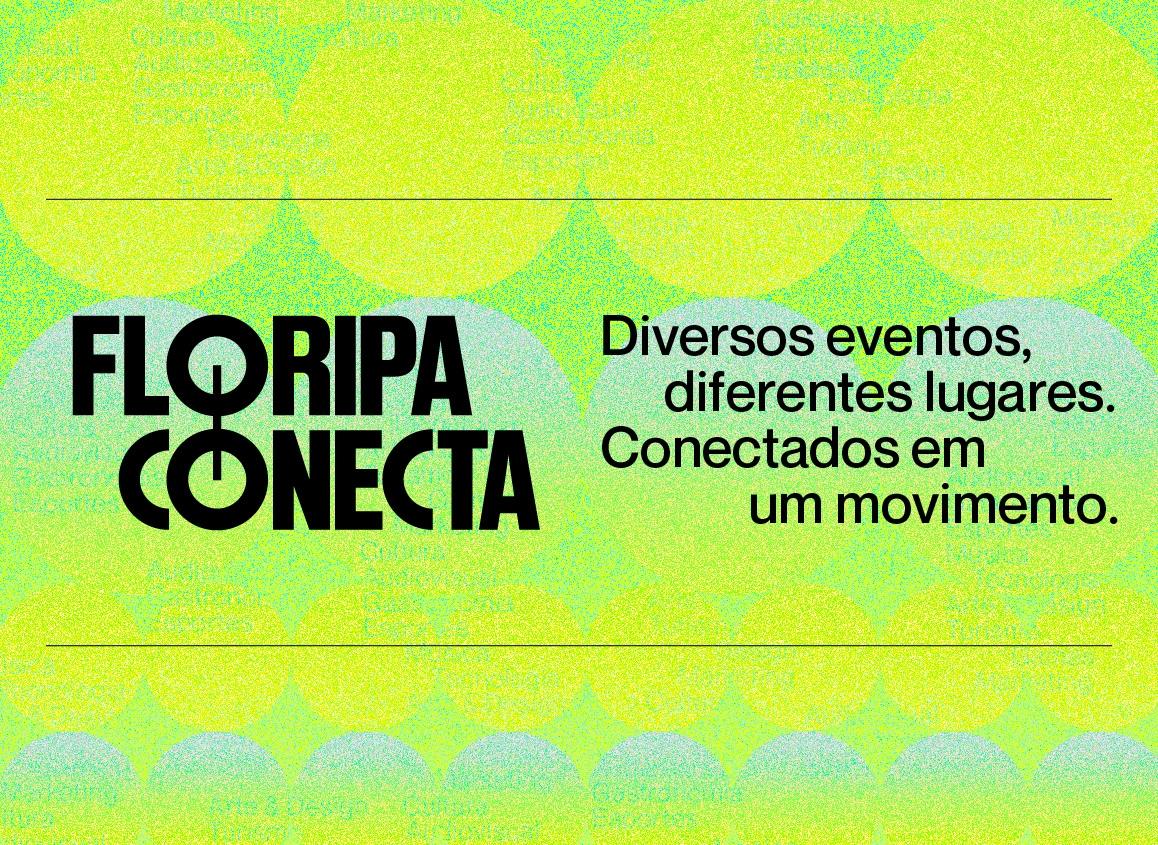
Training for entrepreneurs from vulnerable communities.
Project in a vulnerable community thinking about the development of businesses that exist within the community. Receiving consultancy and training in managing your business. Expected outcomes: Training for entrepreneurs who take out credit, to strengthen their business and organize the company's finances. Target Audience: Residents Partners: NGOs and private sector.
Type of Activity:
Cooperation Project
Read More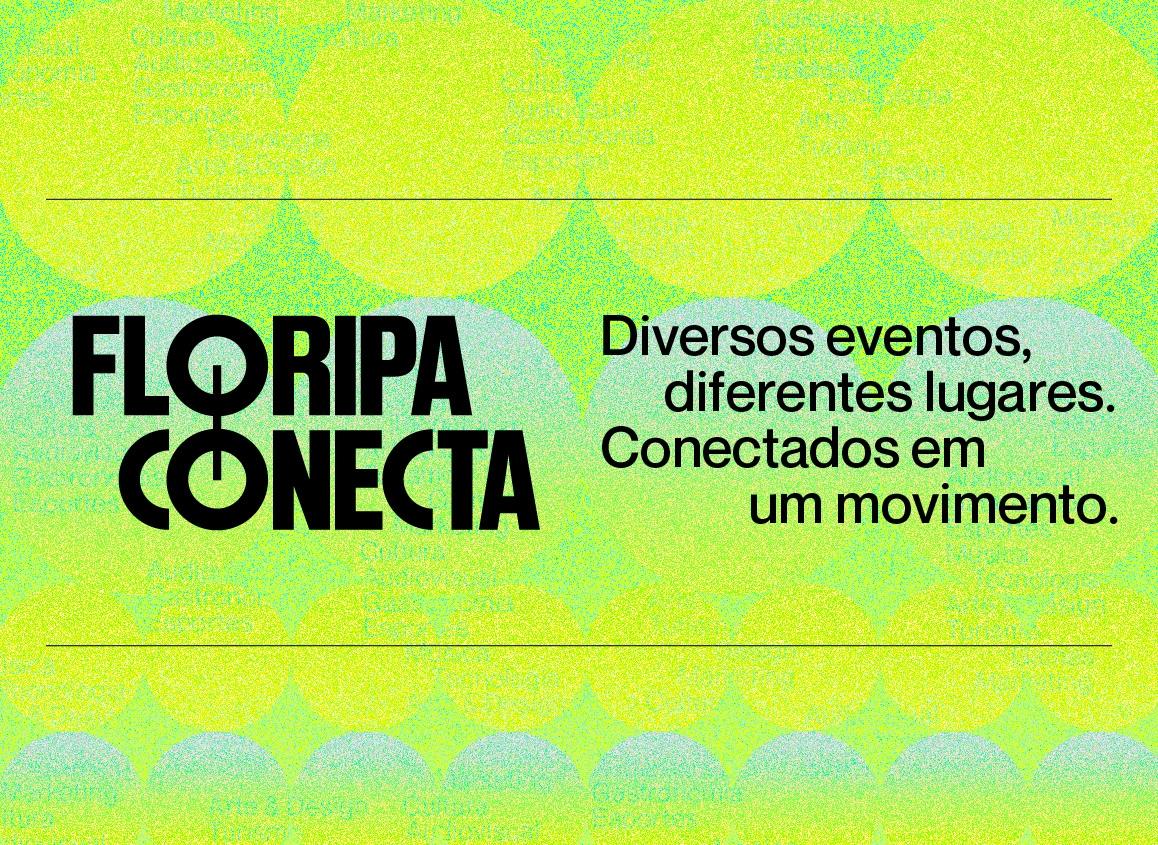
Promotion of the destination of Florianópolis, training of commerce linked to the food sector to feel belonging and use the Unesco Creative City of Gastronomy seal.
Bring to the tourism sector as a whole that they can and should use the UNESCO Creative City of Gastronomy seal, as it is an achievement for the municipality due to its recognition for its gastronomy. Expected outcomes: Promote the inclusion of entities, institutions, companies, so that they can engage and be part of this achievement of recognition as a UNESCO Creative City of Gastronomy, with training, technical missions, visits, and bringing producers closer to the food away from home sector. Target Audience: Residents, Private sector and Visitors. Parters: Government, NGOs and Private sector.
Type of Activity:
Cooperation Project
Read More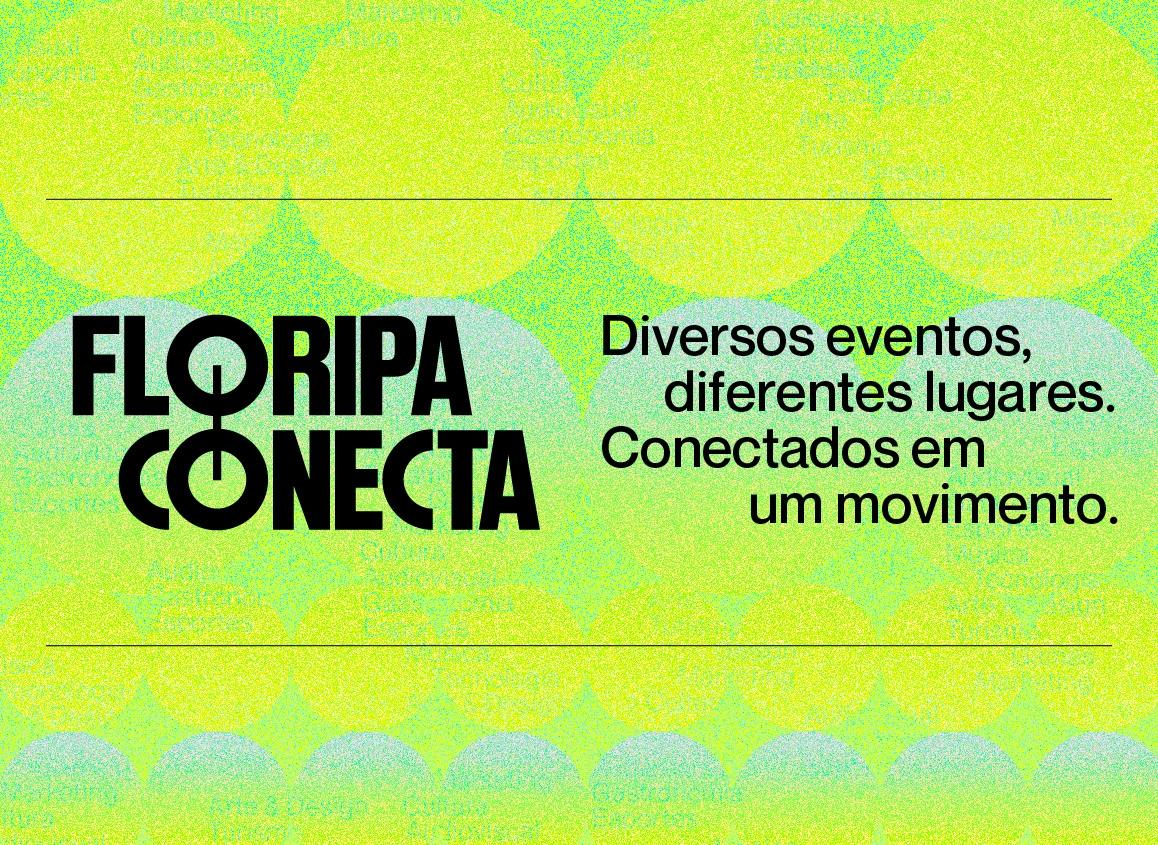
Project Knowing the Creative Economy of Florianópolis
Analyze the creative economy and its potential in Florianópolis with a view to strengthening the sector in the city. The mapping of the creative economy scenario in Florianópolis aims to carry out a diagnosis of the creative sector through information and data. Expected outcomes: Survey of activities linked to the creative economy in Florianópolis. Target Audience: Residents, NGO's, Private sector, Academic institutions & research centres. Partners: Government, NGOs, Private sector, Universities or research centres, Culinary Schools.
Type of Activity:
Cooperation Project
Read More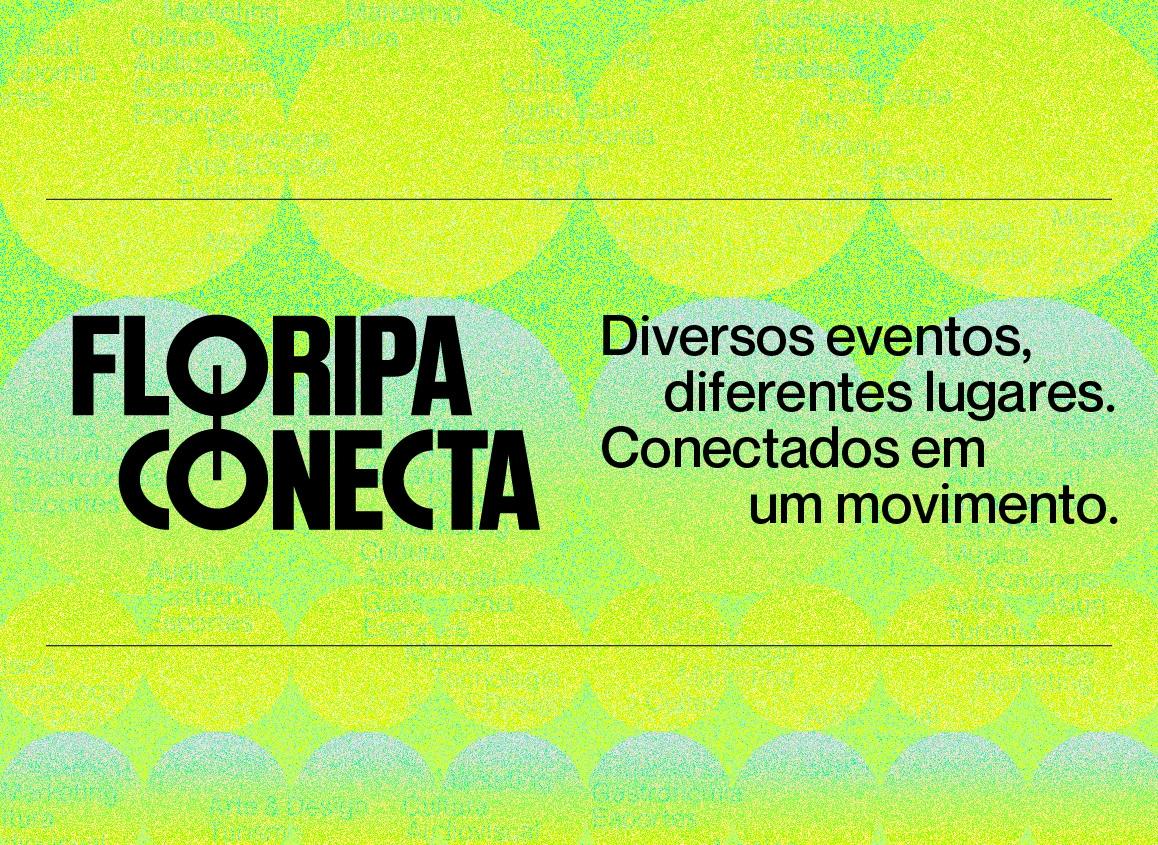
Smart Tourist Destination Project - Florianópolis
Seeking to increase the competitiveness and sustainability of small businesses in the tourism value chain in the Florianópolis region, promoting a development model based on the modeling of Smart Tourist Destinations. The Smart Tourist Destinations project seeks to focus its efforts on the use of technologies and innovation in order to increase its competitiveness with the use of data generated by tourists themselves, providing opportunities for product formatting personalized and adding value to visitors, through the provision of information, improvements in the provision of tourist services and the tourist experience in destination. Target audience: Residents and Visitors. Partner: Government, NGOs and Private sector.
Type of Activity:
Cooperation Project
Read More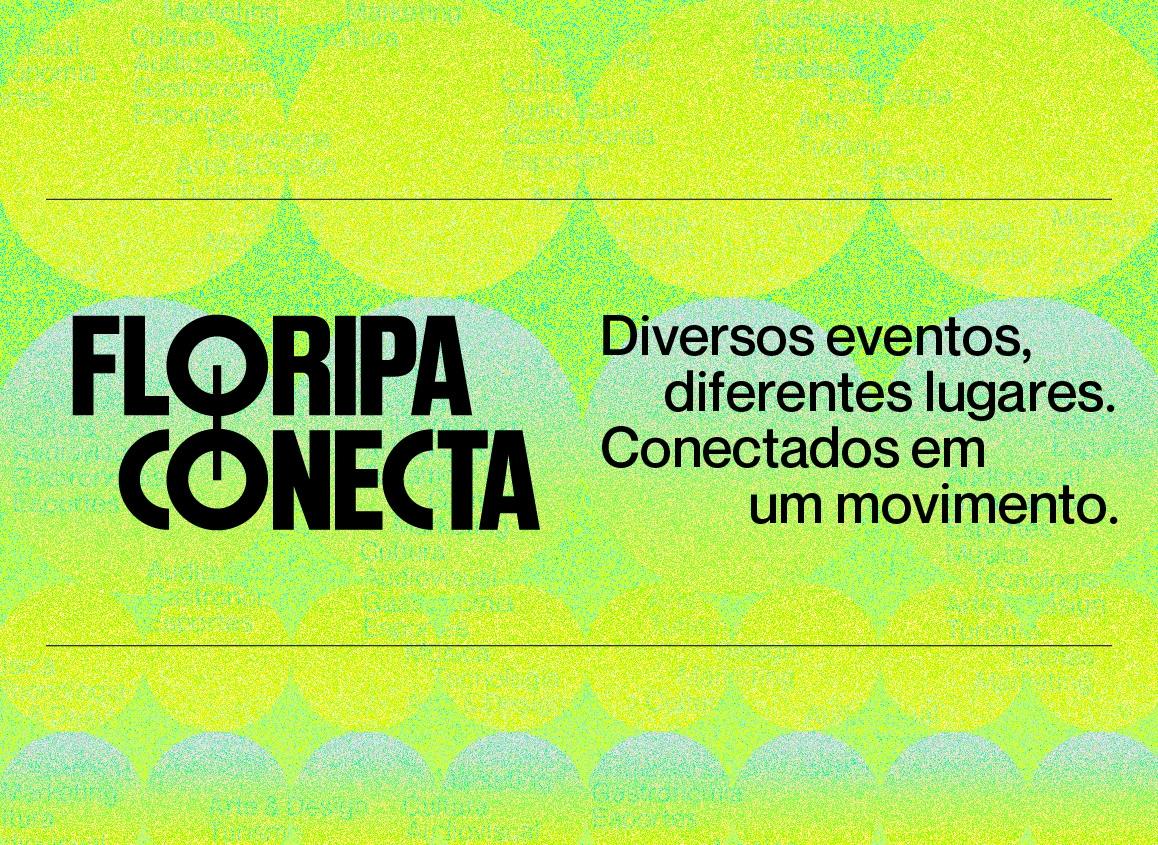
Project SEBRAE + ABRASEL
The objective is to increase the competitiveness and sustainability of small businesses in the food away from home sector, creating a favorable environment for the generation and sharing of knowledge, integration of the sector's business chain. Expected outcomes: Project to train bars and restaurants for business development, to increase competitiveness and thus increase sales and income. Target Audience: Private sector. Partners: NGOs and Private sector.
Type of Activity:
Cooperation Project
Read More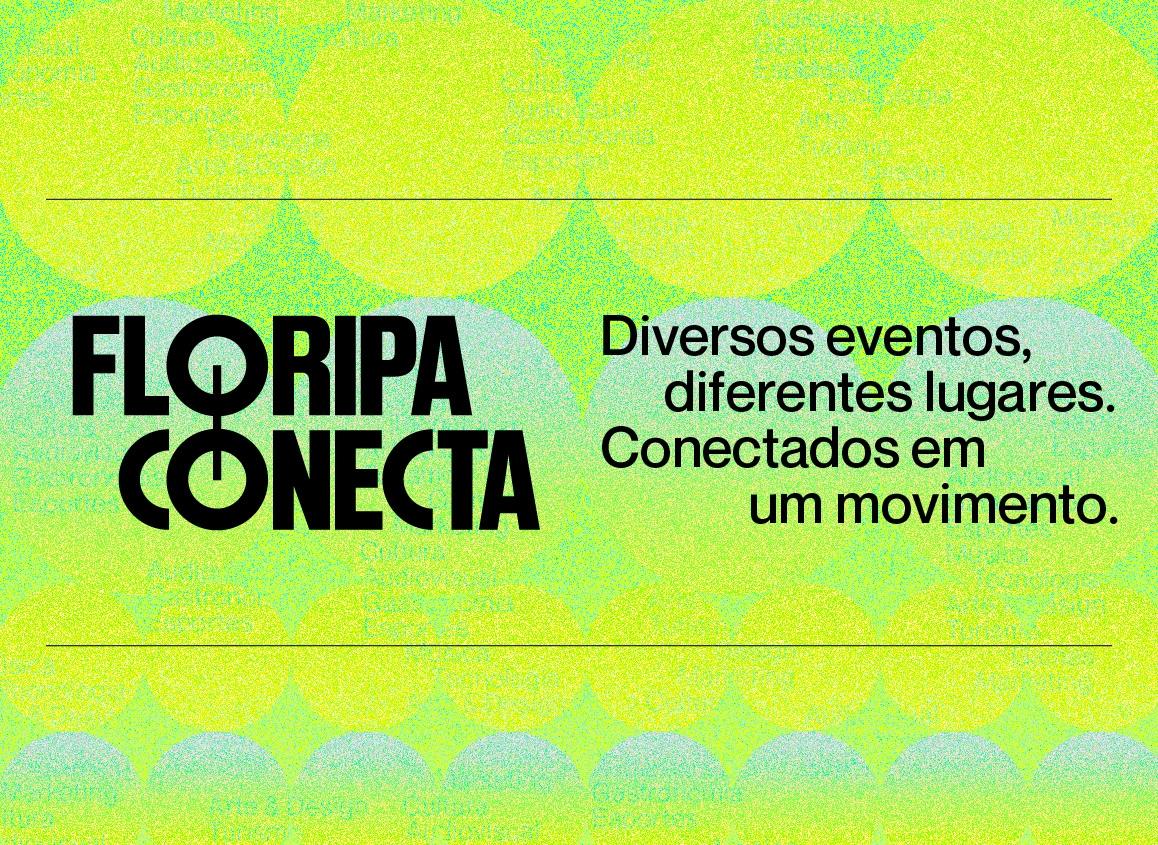
2o Meeting of Gastronomic Ways and Routes of Florianópolis.
Foster dialogue and collaboration in the gastronomic universe during the 2nd Meeting of Gastronomic Ways and Routes of Florianópolis, focusing on the discussion of the rules that identify and consolidate these ways and routes. We seek to create a space for reflection and exchange of experiences, promoting understanding the collaborative work mechanisms essential to strengthen and develop local gastronomic identity. By bringing together stakeholders, professionals, and enthusiasts in the sector, we will also jointly build solutions that drive the sustainable growth of gastronomic routes and routes in Florianópolis, promoting the appreciation of local cuisine and strengthening ties between the various agents involved. Expected outcomes: Establish dialogue between gastronomic routes and routes; discuss and create strategies in a collective and associated way. Target Audience: Residents, NGO's, Private sector, Academic institutions & research centres and Visitors. Partners: Government, NGOs, Private sector, Universities or research centres and Culinary Schools.
Type of Activity:
Event
Read More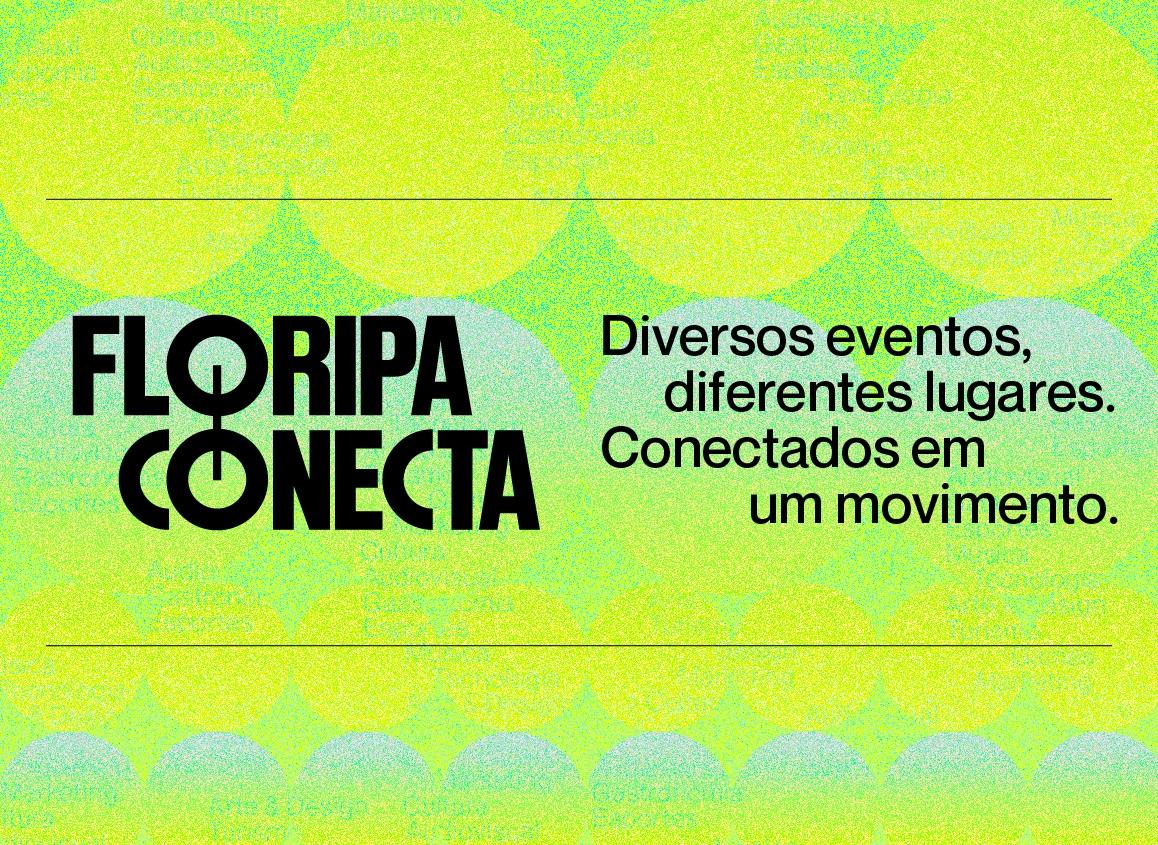
Promotion of the geographical indication Ostras de Floripa
Project with the aim of showing producers that they are part of the chain and can enhance their product with the Geographical Indication, Ostras de Floripa. And make them feel like they belong to the chain and can jointly seek better solutions and public policies for their production. Expected outcomes: Promote and train producers, who are suppliers to many restaurants, to enhance their product. Target Audience: Residents, private sector and visitors. Partner: NGOs and private sector.
Type of Activity:
Cooperation Project
Read More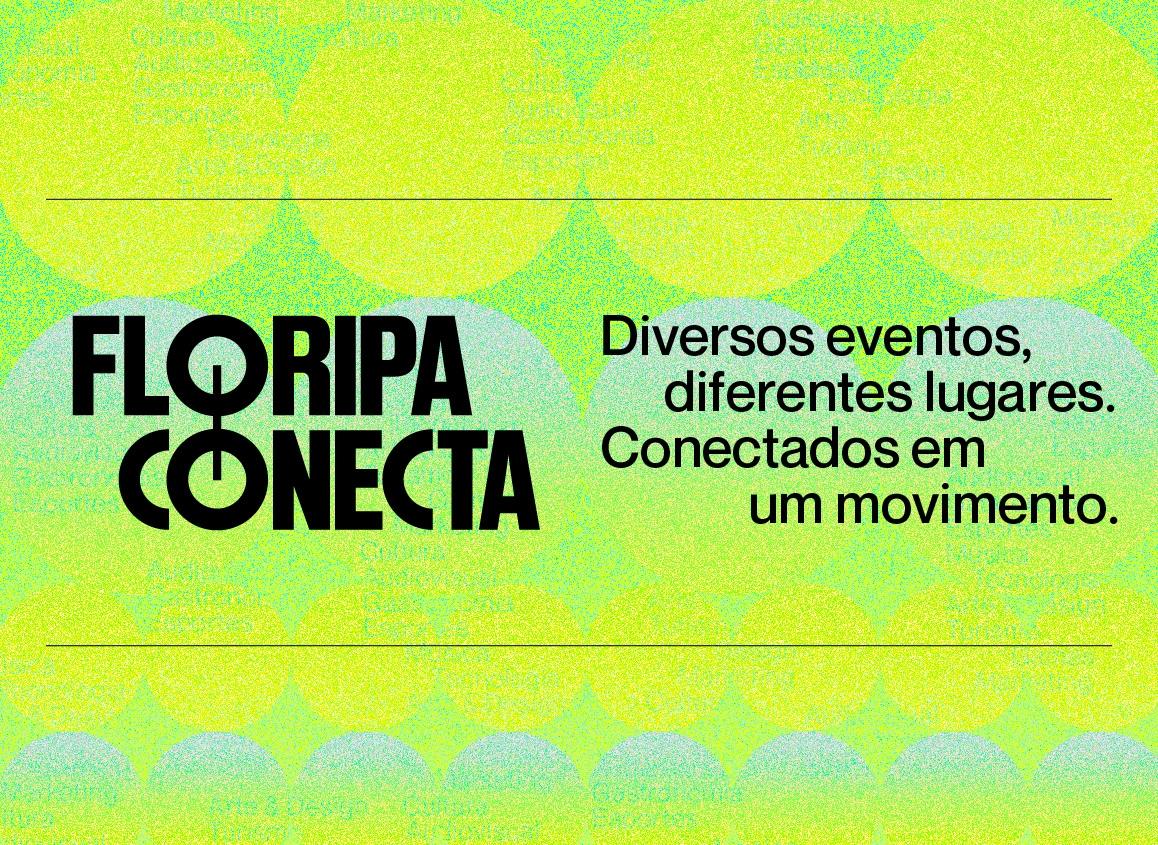
National Oyster Festival- Fenaostra
The festival aims to celebrate the local delicacy that is appreciated globally, as well as strengthening the local economy and culture associated with oysters. The biggest mariculture event in Brazil. Tens of thousands of people attend the party, which will be held for the 20th in 2022. Turn. Around 180 thousand oysters should be consumed. In a public space, with no admission fee, Fenaostra combines local gastronomy with Azorean culture and the creative economy. Expected outcomes: Consumption of 180 thousand oysters; More than 50 thousand people participating; Shellfish farmers and artisans selling their product; local bands performing; technical seminar in the area of shellfish farming and gastronomy; recipe elaboration workshops by educational institutions in the region. Target Audience: Residents, Private sector and Visitors. Partners: Government, NGOs, Private sector, Universities or research centres and Culinary Schools.
Type of Activity:
Event
Read More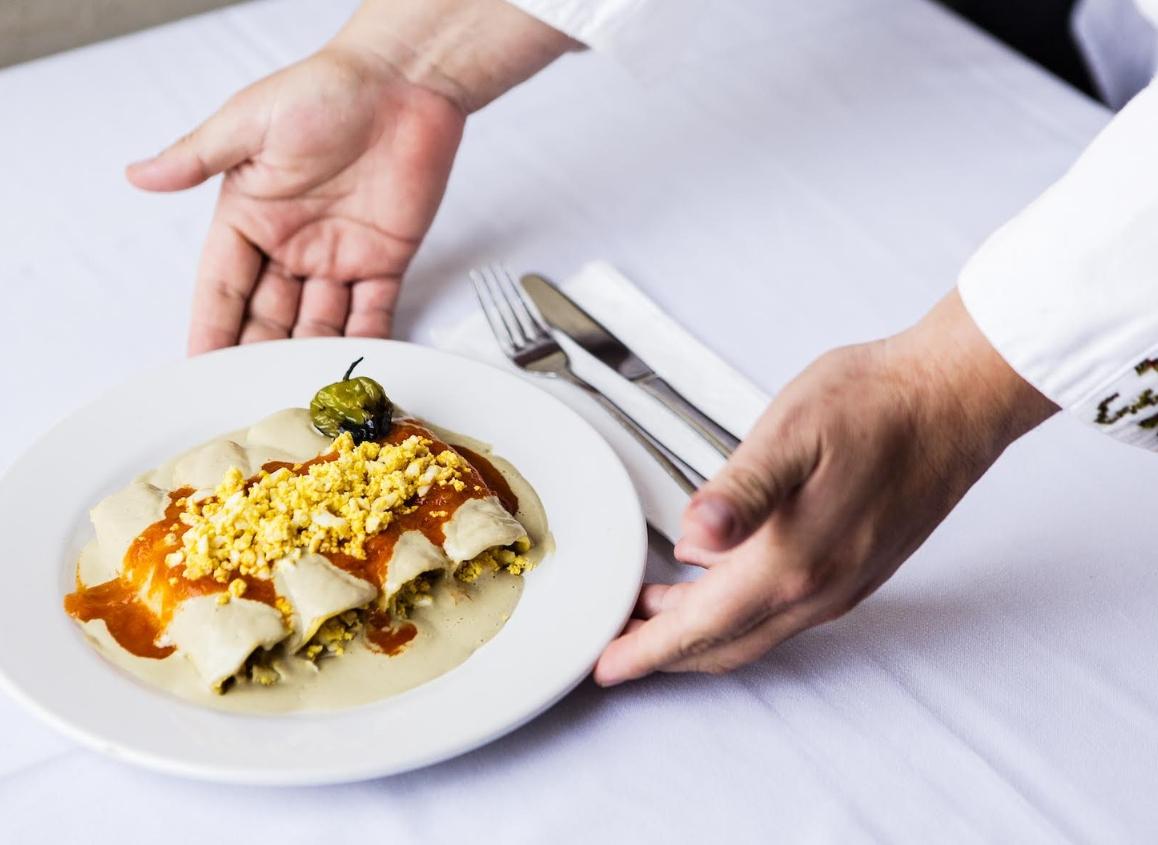
Mérida: Gastronomic Standards Label
The label is structured to guarantee that restaurants and food establishments in Mérida respect three important elements: promotion of the local economy through the use of local ingredients and products; observance of the best environmental practices, from waste reduction to the use of urban gardens; finally apply a clear communication strategy of the SDGs to clients, staff, suppliers and value chain. It is a label for gastronomic best practices which seeks to recognise and motivate those restaurants and businesses that practice local consumption, had made implementations to its infrastructure, processes and systems in order to reach or move through sustainability actions, and also communicate and share these two elements to the resident community and visitors in order to increase consciousness. Expected outcomes: The accreditation of between 20 or 30 restaurants within the first year and thousands of people impacted by the communication actions. Target Audience: Residents, Private sector, Visitors. Partners: Government, Private sector. Date is to be confirmed.
Type of Activity:
Best Practice
Read More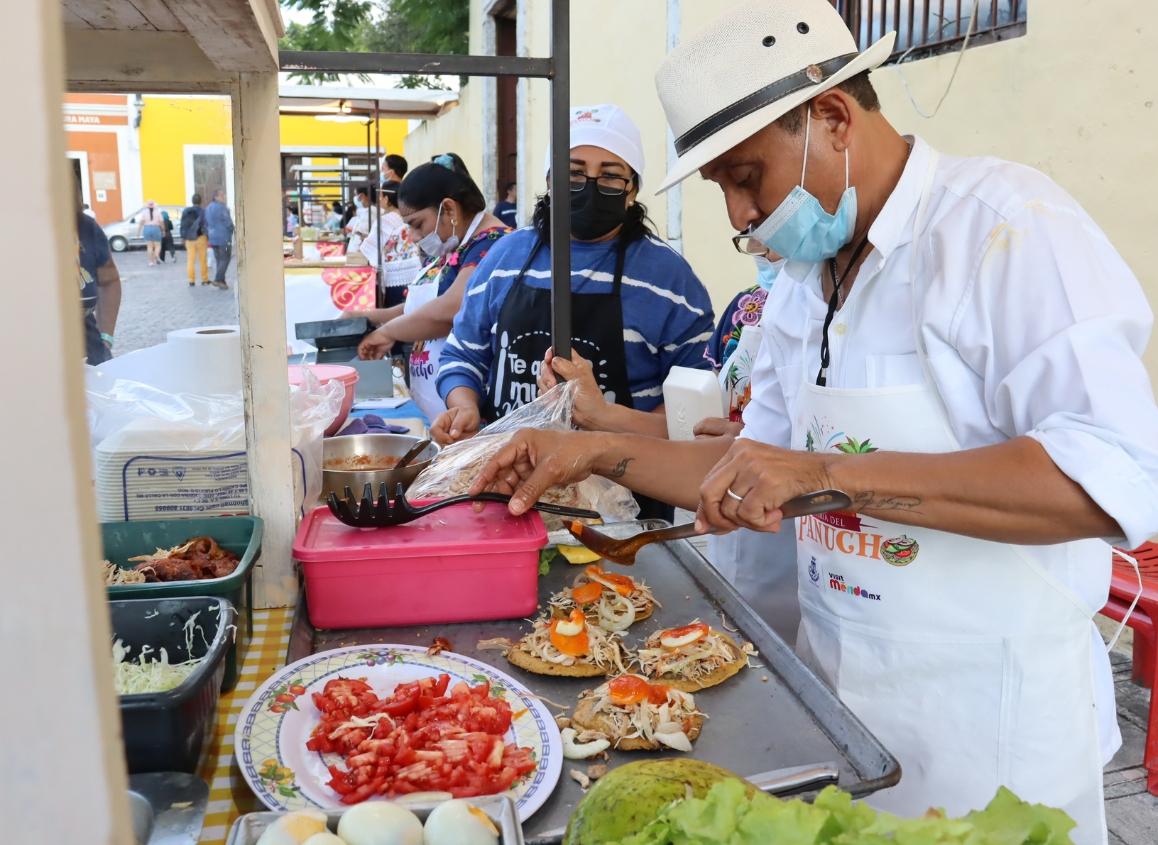
Festival del Panucho // Panucho festival
This project seeks to keep the life and economy of the beautiful and traditional Ermita neighbourhood active, through an open-air market exposition of the typical and traditional panucho, an important dish of the yucatecan gastronomy. Expected outcomes: This event was born in 2019, from the request of the citizens who live in the "Barrio de la Ermita" (Ermita neighbourhood). Currently it has been held twice with the participation of tens of thousands of people with an important economic spillover during the event. Target Audience: Residents, Private sector, Visitors. Partners: Government, Private sector and other partners.
Type of Activity:
Event
Read More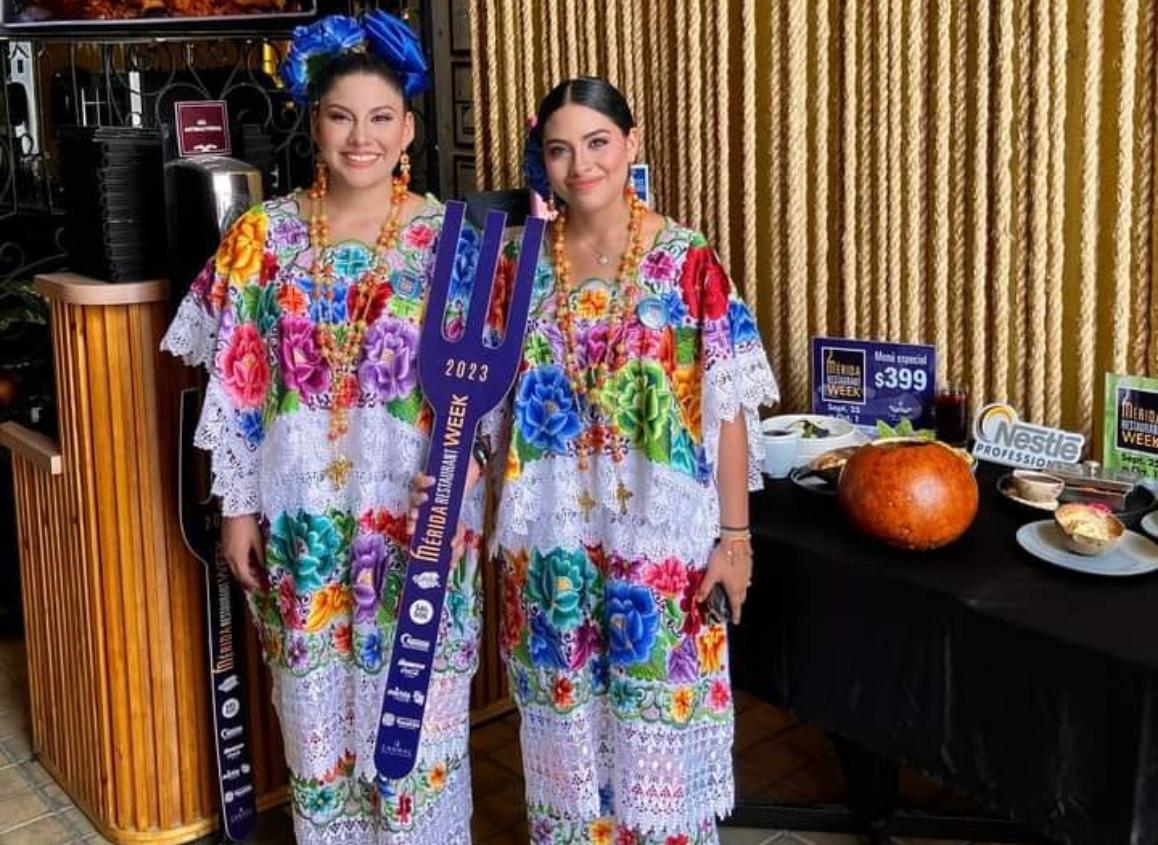
Mérida Restaurant Week
Cooperation project between the private sector, represented by the National Chamber of Restaurants and Foods, and the Mérida Municipality. Hundreds of restaurants, in Mérida and in the interior of Yucatán Region, offer a special menu for a week with the most representative of their cuisine at a special price, below the normal price. The scope is to give visibility to the thriving restaurant scene and facilitate access through reduced prices to residents and visitors. Mérida Restaurant Week began in 2016. The success of its first broadcast was repeated increasingly in 2017, 2018 and 2019. In 2020 and 2021 it was not carried out due to the prevailing sanitary measures. Expected outcomes: Economic impact of 7.3 million dollars; participation of more than 344 restaurants and 876,000 visitors. Target Audience: Residents, Private sector, Visitors. Partners: Government, Private sector and other partners. A specific date has yet to be established for this year.
Type of Activity:
Cooperation Project
Read More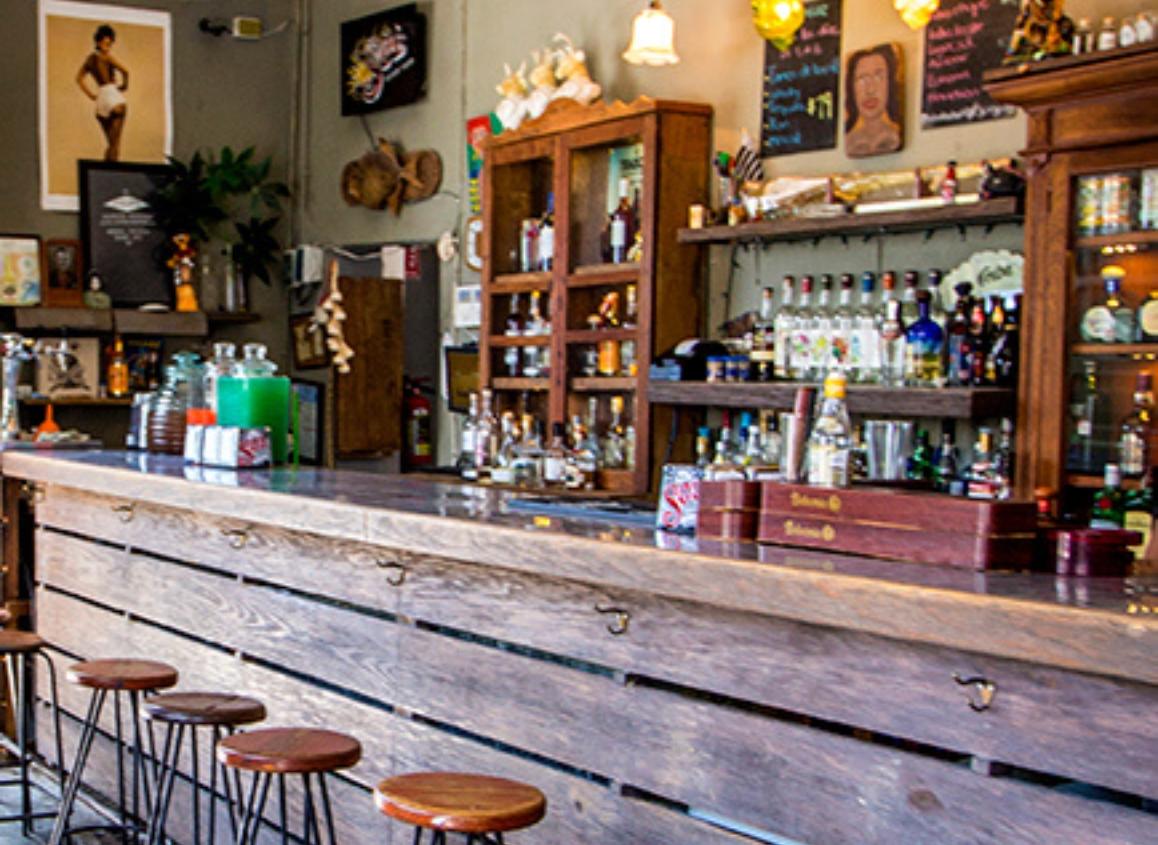
Bares Notables de Mérida // Mérida notable pubs and bars
Mérida Notable Pubs & Bars is a public policy aiming to restore the social and cultural role in society of these establishments. Each of them preserves, in their own particular way, the culture, history and traditions of our city. They have tangible and intangible values of high significance for our society. The initiative will identify the notable establishments through a curated and participative procedure that will be open to the community. It will also provide a formal communication strategy to advertise a wide variety of events and cultural activities in each location. A notable pub or bar is considered to be one related to significant cultural events or activities; the one whose antiquity, architectural design or local relevance give it its own value; or the one whose consistent innovative practices of the SDG give outstanding added value for residents and visitors alike. Expected outcomes: In a first stage the city of Mérida expects the participation of hundreds of residents for the identification of the most notable bars and pubs. The city expects between 20 and 30 establishments to be part of the label. Target Audience: Residents, NGO's, Private sector, Public sector, Visitors. Partners: Government, Private sector. A specific date has yet to be established for this year.
Type of Activity:
Best Practice, Policies
Read More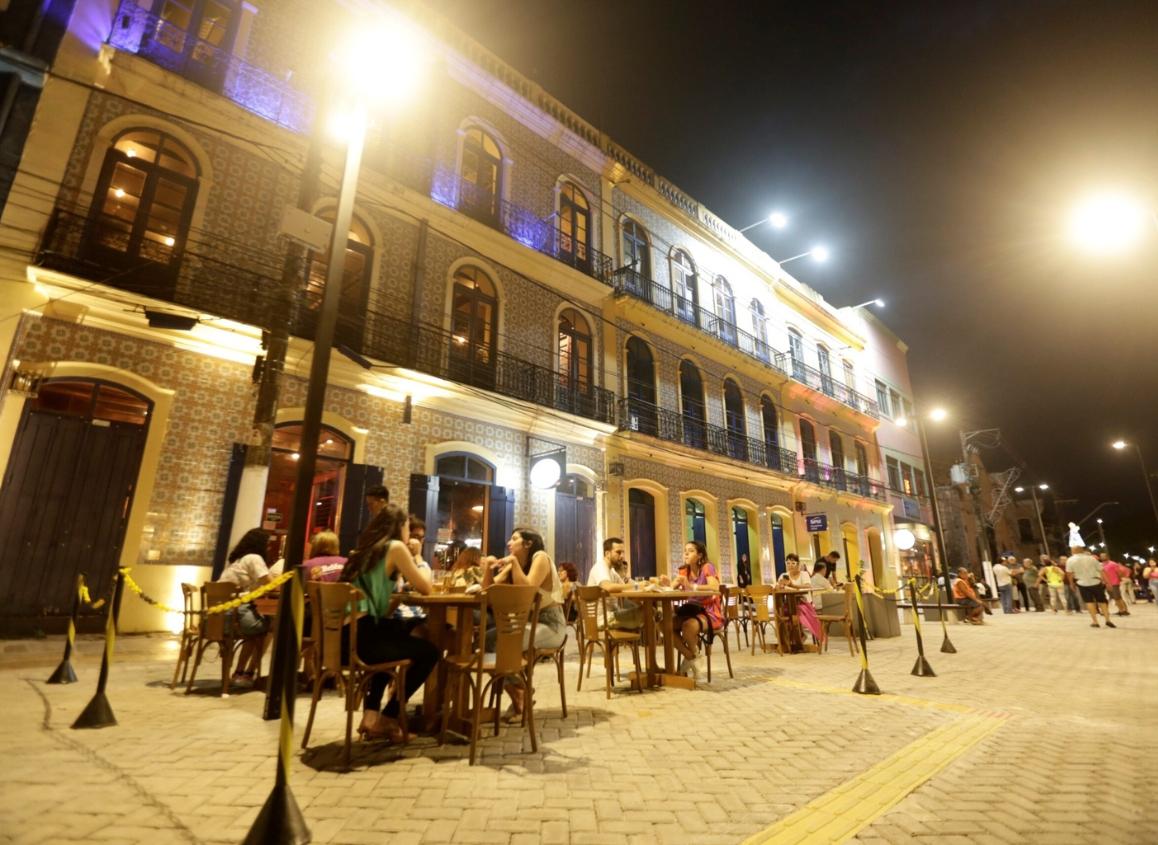
Boulevard of Gastronomy
Delivered to the public in November 2023, the Boulevard of Gastronomy constitutes a gastronomic corridor, bringing permanent dynamism to an area in the historic center of Belém, a cultural heritage site of the City. The Boulevard encourages the development of tourism and gastronomy, creating a hub to attract visitors and offer them an immersion in the city's culture, in terms of gastronomy, music, customs and historical architectural heritage. Expected outcomes: To strength and preserve the gastronomy culture heritage of the Region, by offering to the general public a hub where traditional food (in restaurants, street snack trucks, producers, etc.) and craftworks are exposed and sold. Target Audience: Residents, Private sector, Visitors. Partners: Government, Private sector.
Type of Activity:
Best Practice
Read More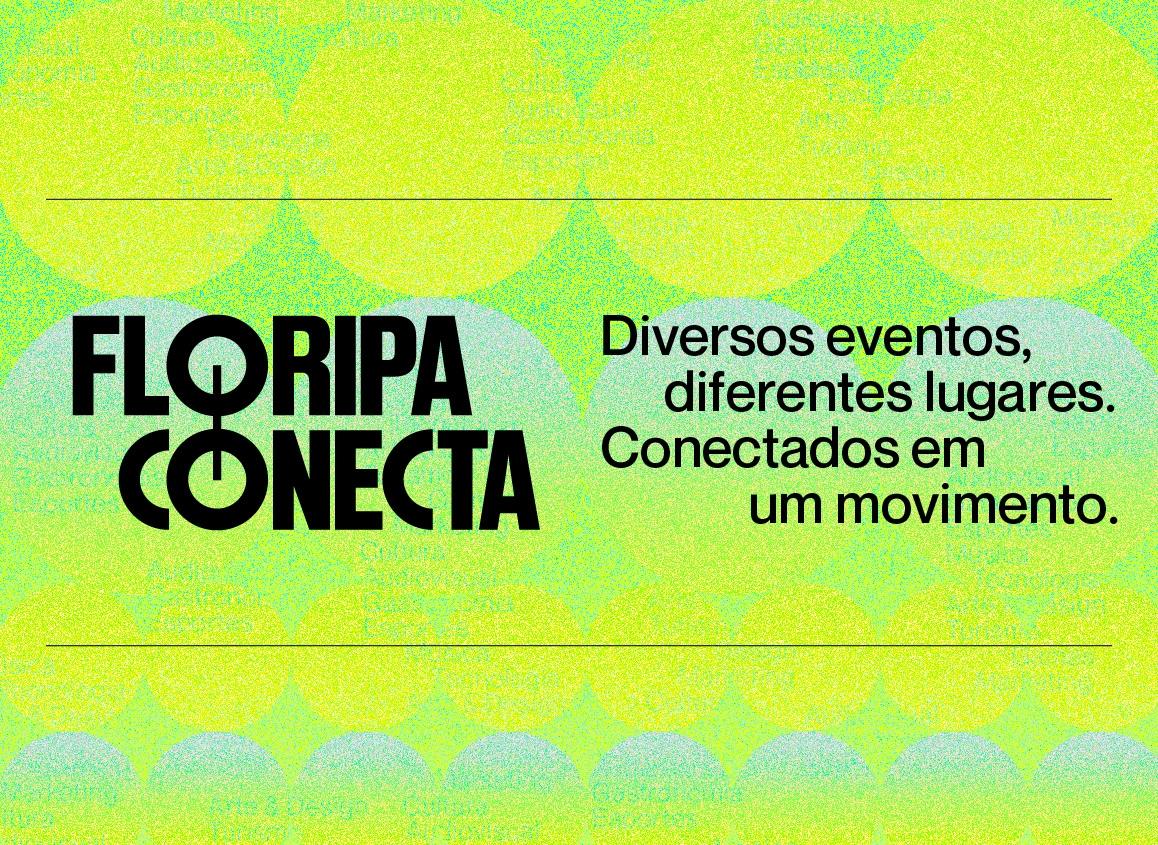
Via Gastronomic Festival
Project with the aim of developing the potential of the gastronomic routes that exist within Florianópolis and stimulating work collectively, where several bars and restaurants come together in search of improving their revenue, but thinking collectively. Expected outcomes: Project for the construction and organization of Via Gastronomica in Florianópolis, with training of restaurants to be managers and executors of joint activities to promote and strengthen the route. Target Audience: Residents, private sector and visitors. Partners: NGOs and private sector.
Type of Activity:
Cooperation Project
Read More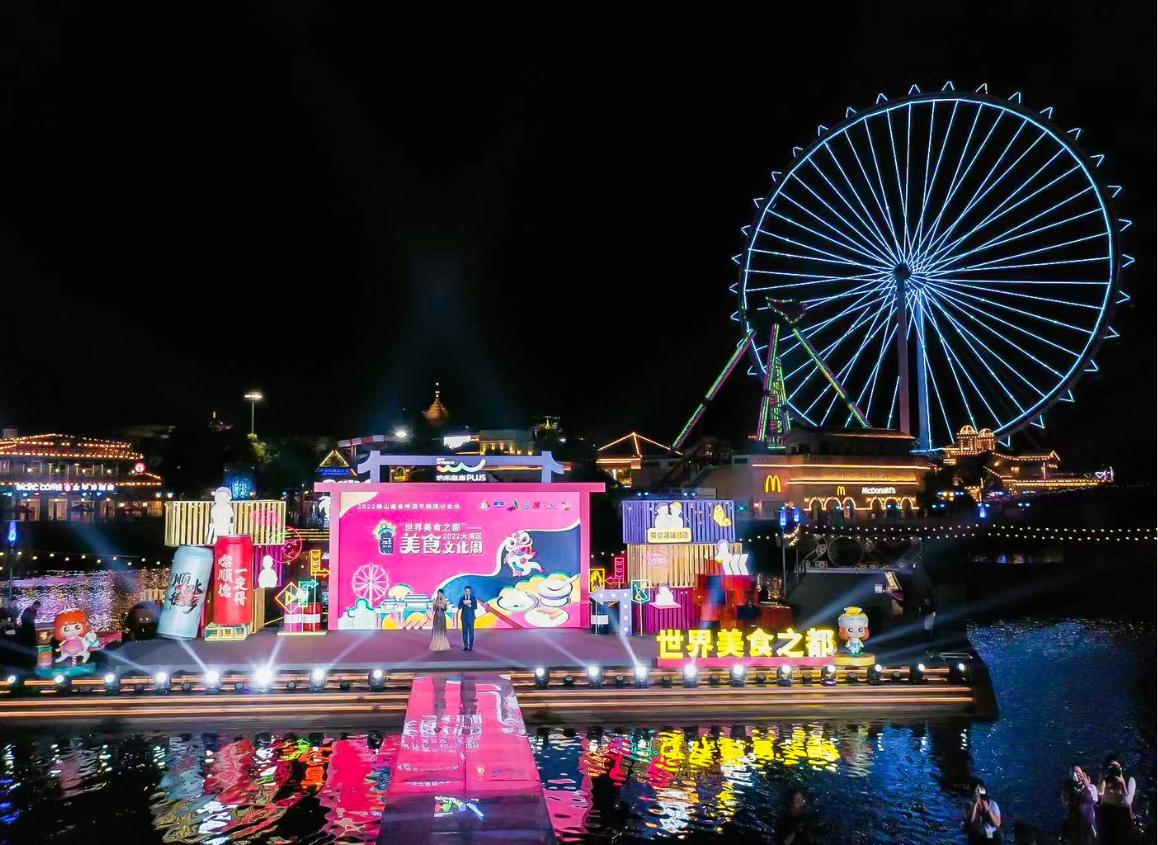
Food and Culture Festival
The Food and Culture Festival has been held for 17 sonsecutive years since 2006. It usually incluses a series of activities like food exhibition and sales, cooking demonstration and exchange, gastronomy culture forum, traditional sports event, cultural and art exhibition, etc. The festival is planned and coordinated by the government, and widely participated by local communities and enterprises. In 2019, Shunde invited 21 creative cities home and abroad to participate in the Shunde Food and Culture Festival, and carried out a series of international activities such as City of Gastronomy Symposium and "Star Chef Show" at the event site. The Food and Culture Festival in 2020 integrated different elements like "Gastronomy + Creativity", "Gastronomy + Music", "Gastronomy + Culture", "Gastronomy + Design",and held offline and online activities including the International Food Design Festival, the "City of Gastronomy" Star Chef Show, Gastronomy Themed Painting Exhibition, etc. More than 200 restaurants participated in the event on site, and more than 3,000 restaurants offered online discount coupon.The total offline visitors of the Food and Culture Festival was about 280,000 and 1.2 million people participated in the online discount activity, which resulted in 15 million yuan of consumption. In 2021, the Food and Culture Festival integrated Shunde cuisine, intangible cultural heritage, cultural and creative products to create a one-stop Shunde food district. During the 2022 Food and Culture Festival, Shunde invited gastronomy cities like Chengdu, Macao, Yangzhou and Huaian to carry out food and culture exchange activities in Shunde. The total visitors was more than 200,000, and the total booth sales exceeded 5 million yuan. During the 2023 Food and Culture Festival, there were a total of 100 food booths, and activities like Marathon, food culture forum, star chef show, folk parade, etc were held. The festival received more than 250,000 visitors within 3 days and reached 12.6 million yuan in food sales. Expected outcomes: a) Promote the development of local catering industry; b) help with the recovery of the local economy after Covid-19; c) promote the influence of Shunde cuisine. Target Audience: Residents, NGO's, private sector, public sector, academic institutions & research centres, cultural institutions, visitors, press & media. Partners: Government, NGOs, private sector, universities or research centres, culinary schools, press, others.
Type of Activity:
Best Practice, Communication, Cooperation Project, News, Open Call, Studies & Research & Evaluations
Read More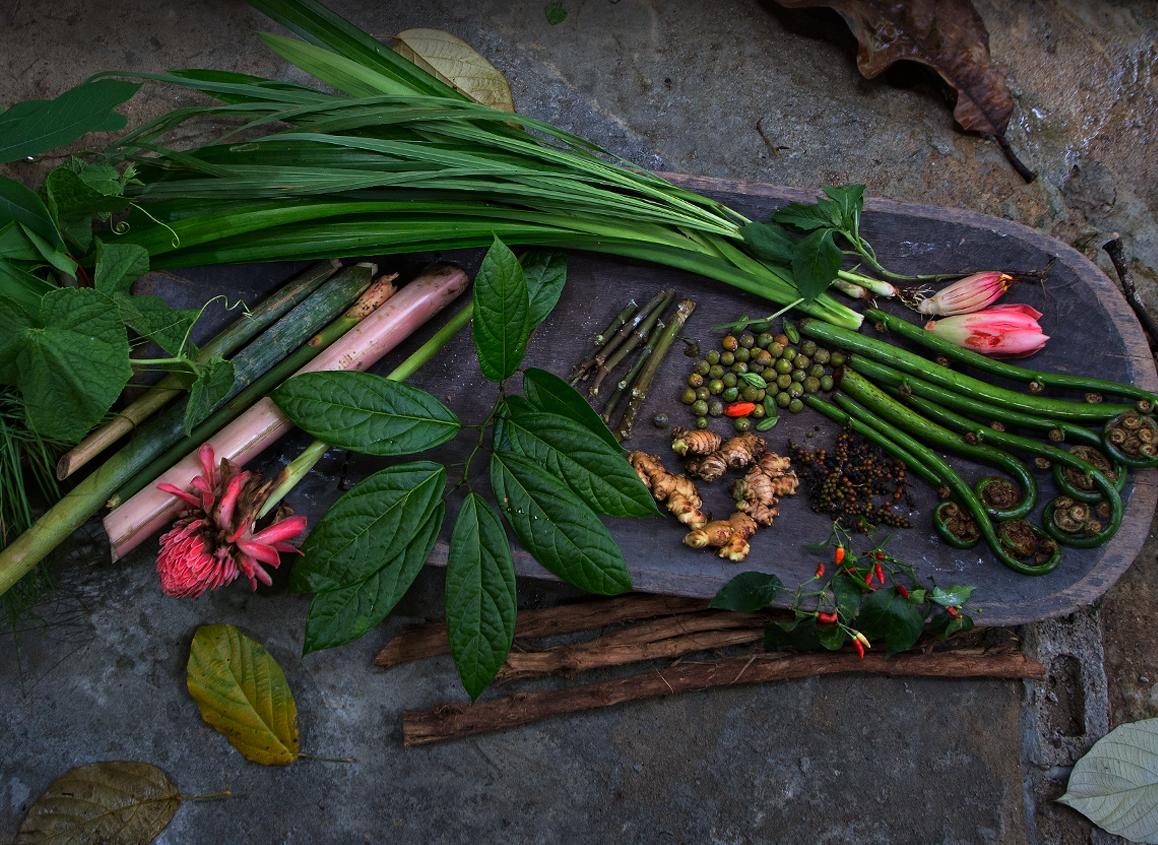
Food over Fire Festival
This event perpetuates Sarawak’s tribal traditions through performing arts edutainment around a full-sized live hearth. It is followed by a sit-down feast featuring the traditional practice of cooking “Food over Fire” with master jungle grillers cooking up a storm. It is around a live tetal (hearth) that families congregate to sing, dance, cook and share stories in their daily lives, especially during traditional festivals, feasts, rituals, births and deaths. Tickets inclusive of talks, exhibitions and workshops. The Food-over-Fire festival is one of the flagship events of the Arts for All Seasons (ArtsFAS) programme. Expected outcomes: The hearth represents more than just a kitchen, it keeps alive traditions and the meaning behind them. Target Audience: Residents, private sector, public sector, cultural institutions, visitors.
Type of Activity:
Event
Read More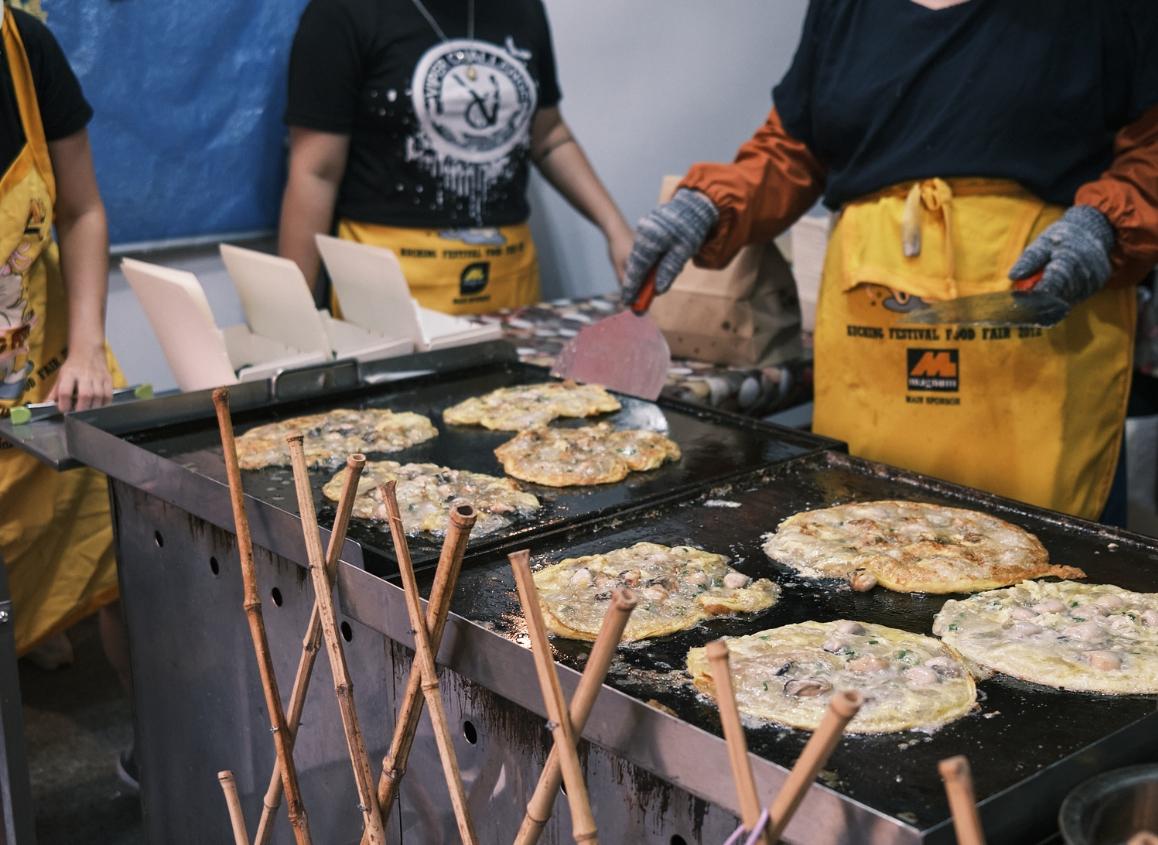
SAGO Incubator
Capacity building programme for 10 selected food businesses in Kuching. Expected outcomes: 11-week incubator programme to equip foodpreneurs with the skills and networks to grow their food business and succeed in the digital economy, now in its second year. Target Audience: Private sector. Partners: Government, private sector and culinary schools.
Type of Activity:
Best Practice
Read More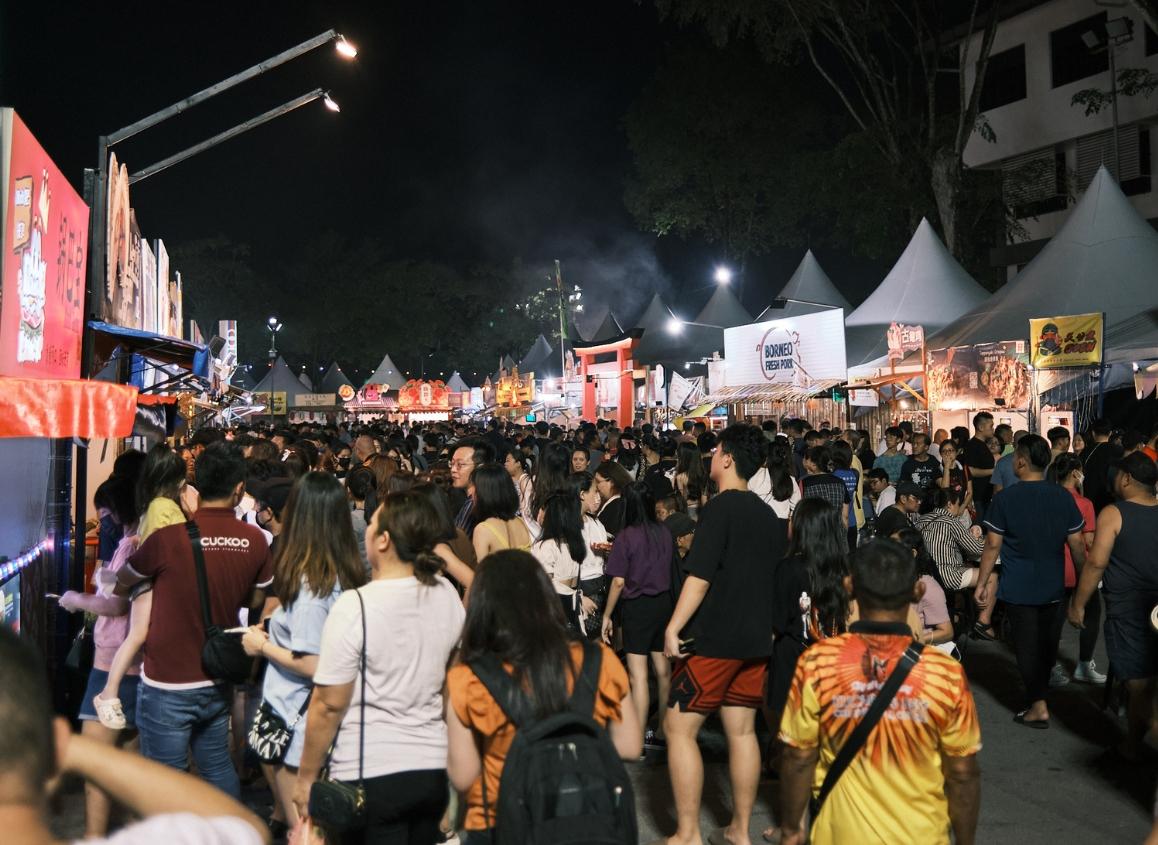
Nyamai Sarawak Gastronomy Festival
Festival held at Sarawak Cultural village to promote use of unique Sarawak ingredients in fine dining. Expected outcomes: Nyamai Sarawak is not merely about food; it is a celebration of diversity and a reflection of the coexistence of various cultural identities. The culinary traditions serve as a bridge, connecting communities and generations, and offering a glimpse into the rich heritage of Sarawak. Exploring Nyamai Sarawak provides an immersive experience into the cultural fabric of the region, offering a taste of the history, traditions, and the warm hospitality that defines Sarawakian society. Target Audience: Residents, private sector, public sector, visitors. Partners: Government, private sector.
Type of Activity:
Event
Read More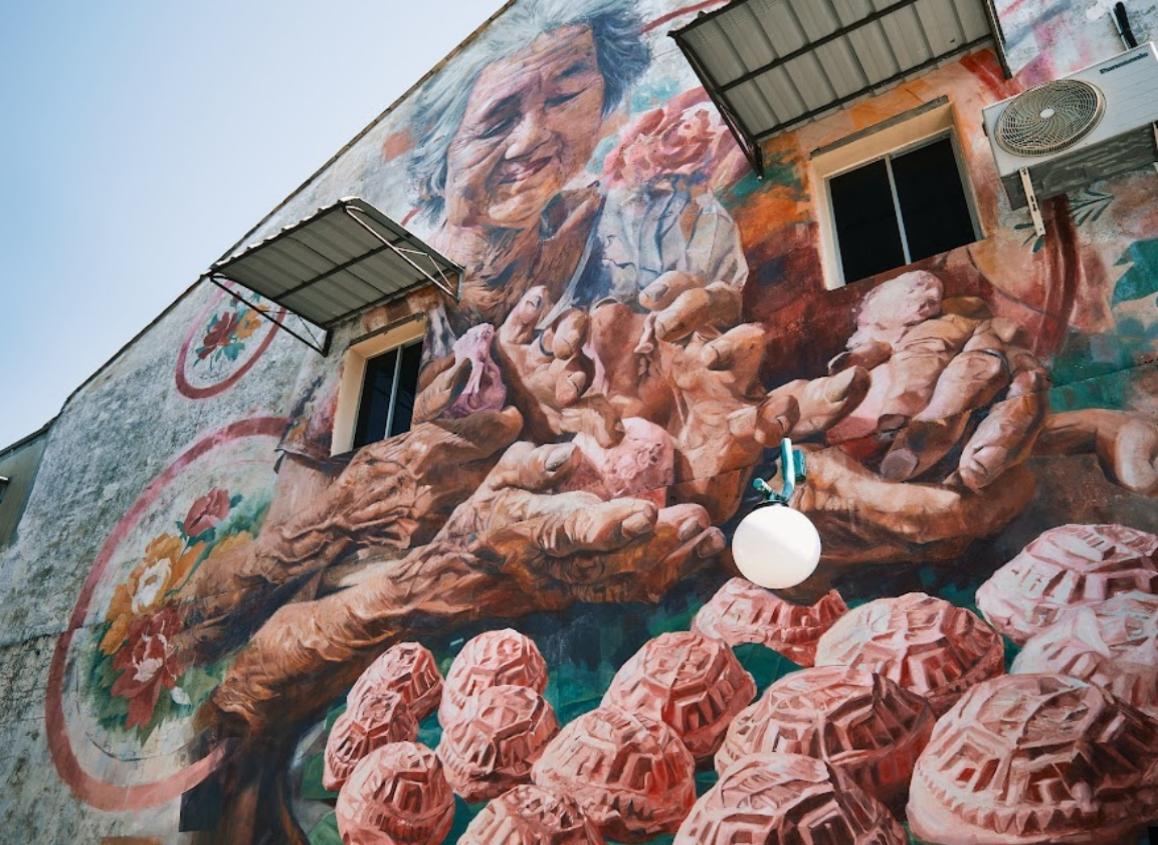
Love your markets campaign
Urban regeneration project centred around Kuching's wholesale produce market, engaging with creative communities to conduct events and pop ups at the site, art at the markets etc. Expected outcomes: Public awareness campaign to revitalise Kuching's traditional markets and increase social, environmental and economic sustainability at these sites. Target Audience: Residents, private sector and visitors. Partners: Government, NGOs and private sector.
Type of Activity:
Communication, Cooperation Project, Event
Read More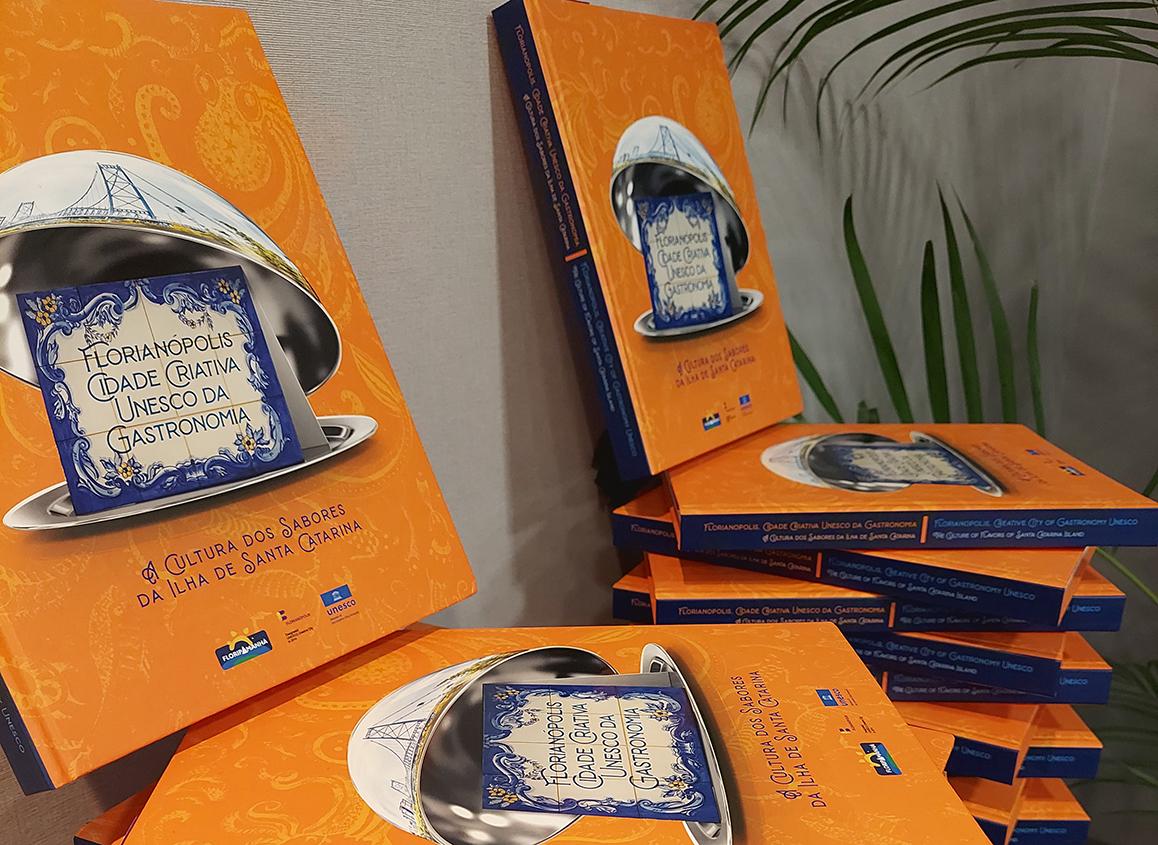
Publication: 2nd Edition of the Book Florianópolis UNESCO Creative City of Gastronomy – The Culture of Flavors of the Island of Santa Catarina
An updated and creative itinerary of the gastronomic culture of the city of Florianópolis, worked in all its tradition and diversity. Objective: Presenting the gastronomy of Florianópolis, publicizing the important UNESCO seal of Creative City of Gastronomy and getting to know the local cuisine, its countless vectors that converge into different dishes, and exercising an art of inexhaustible richness are part of the objective of this reference work. Its main characteristics are below. It will focus on cultural diversity, based on the culinary tradition of the coast of Santa Catarina, and at the same time on the evolutionary line of the preparation of seafood and land over time and history. This visual and literary narrative must be guided by a synthesis: the personal experience of the participating chefs. It is, therefore, a sum of different vectors, brought together in a book that is the culinary roadmap, crafted with knowledge, experience and good taste, which stands out on the international gastronomic map. The book will be an important piece of cultural marketing, published in two languages (Portuguese and English), taking to the whole world the specificities of a part of Brazil that stands out for the beauty of its landscape, its historical and cultural richness and the receptive nature of its people. people, open and creative in its countless manifestations. This dissemination will have a wide impact on tourism, culture and professional gastronomic education, serving as a stimulus and bridge for those who want to get to know the region and take with them a noble product of local creativity. FLORIANÓPOLIS CREATIVE CITY OF GASTRONOMY UNESCO - THE CULTURE OF FLAVORS OF SANTA CATARINA ISLAND will join so many other works of reference in world cuisine, highlighting the local contribution to a subject that is currently taking over social media and television channels. Expected outcomes: printing of at least 1000 copies of the publication. Target Audience: Residents Partners: Government, NGOs, private sector, universities or research centres, culinary Schools.
Type of Activity:
Best Practice
Read More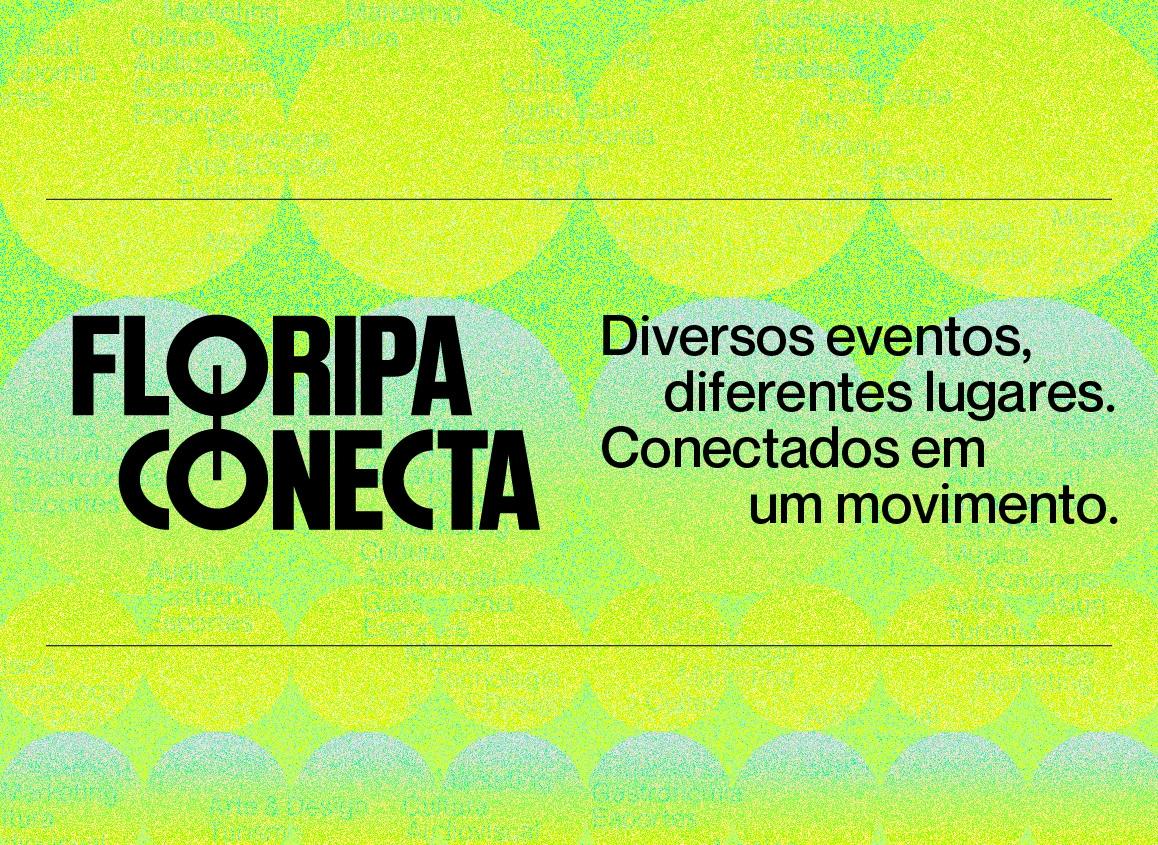
Agenda at the Table
The Pautas à Mesa program aims to promote spaces for dialogue and democratize access to information on health, well-being, food security and other topics related to the context of Food Banks. Expected outcomes: Broad Community Participation; Democratization of Access to Information; Strengthening the Food Bank Network; Active Employee Engagement and Tangible Impact on Community Health and Wellbeing. Target Audience: Residents Partners: NGOs
Type of Activity:
Event
Read More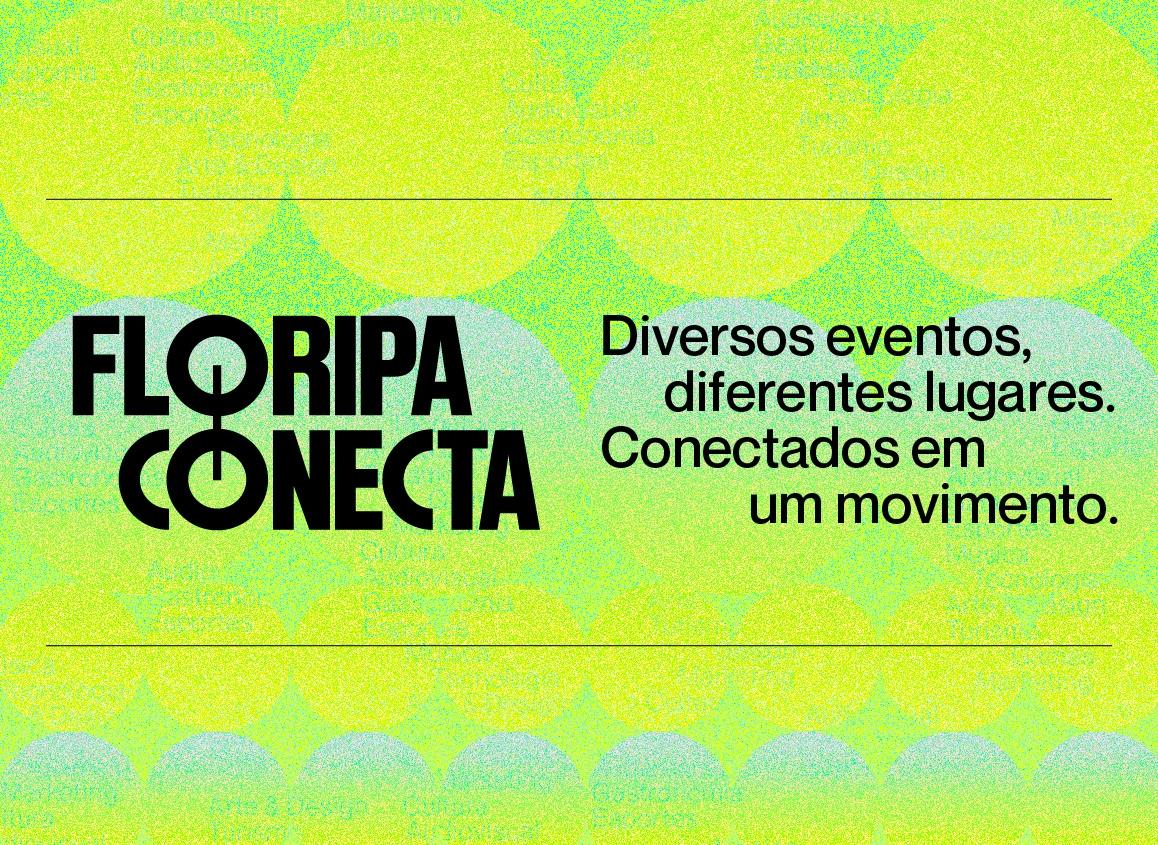
Community-Based Tourism
Project for sustainable economic development of the community with a focus on tourism within the community. Expected outcomes: Construction of tourism together with the community, where planning, management and tourist operations are carried out by the community. Target Audience: Residents, NGO's, Partners: NGOs and Private sector.
Type of Activity:
Cooperation Project
Read More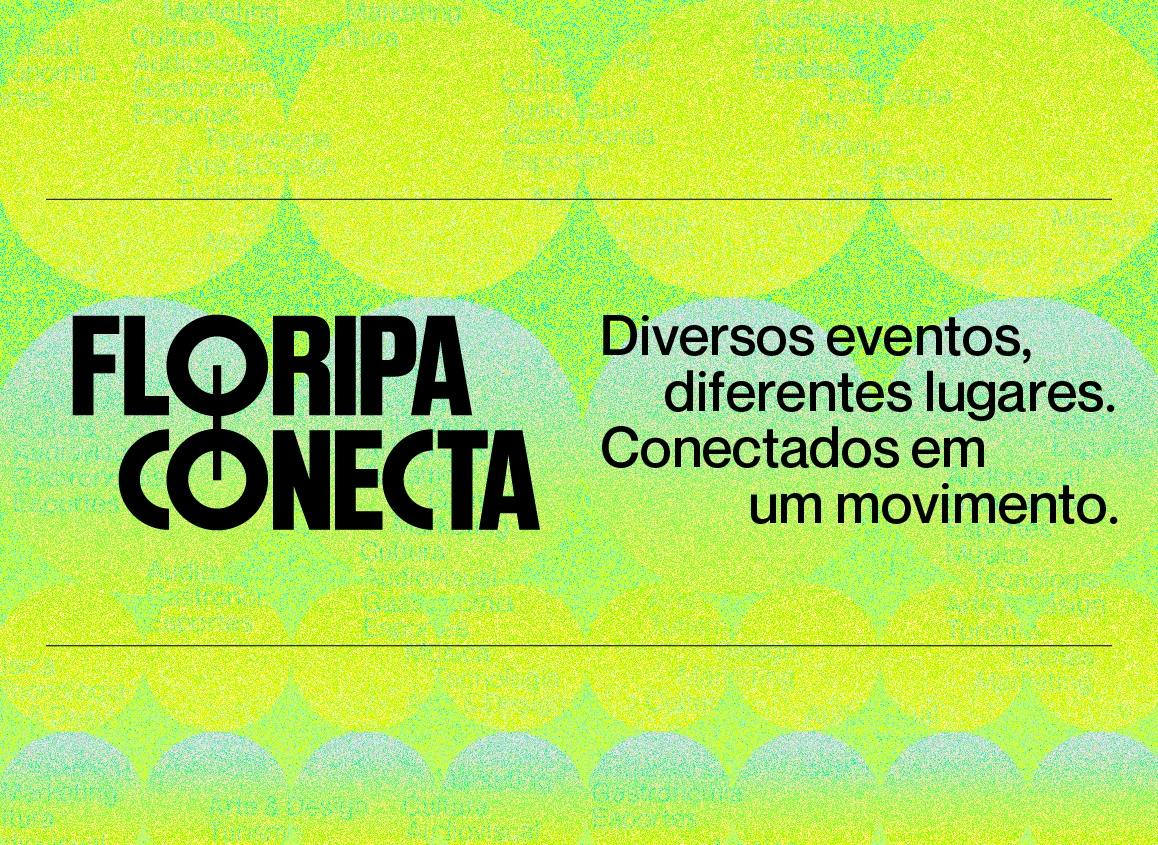
Creative economy: Florianópolis
Strengthen the creative economy through events and research in the area, collecting challenges on the topic to connect with solutions from the Federal University of Santa Catarina. Expected outcomes: Having proposals for solutions to regional challenges in creative economy. Target Audience: Residents, academic institutions & research centres. Partners: Universities and research centres.
Type of Activity:
Cooperation Project
Read More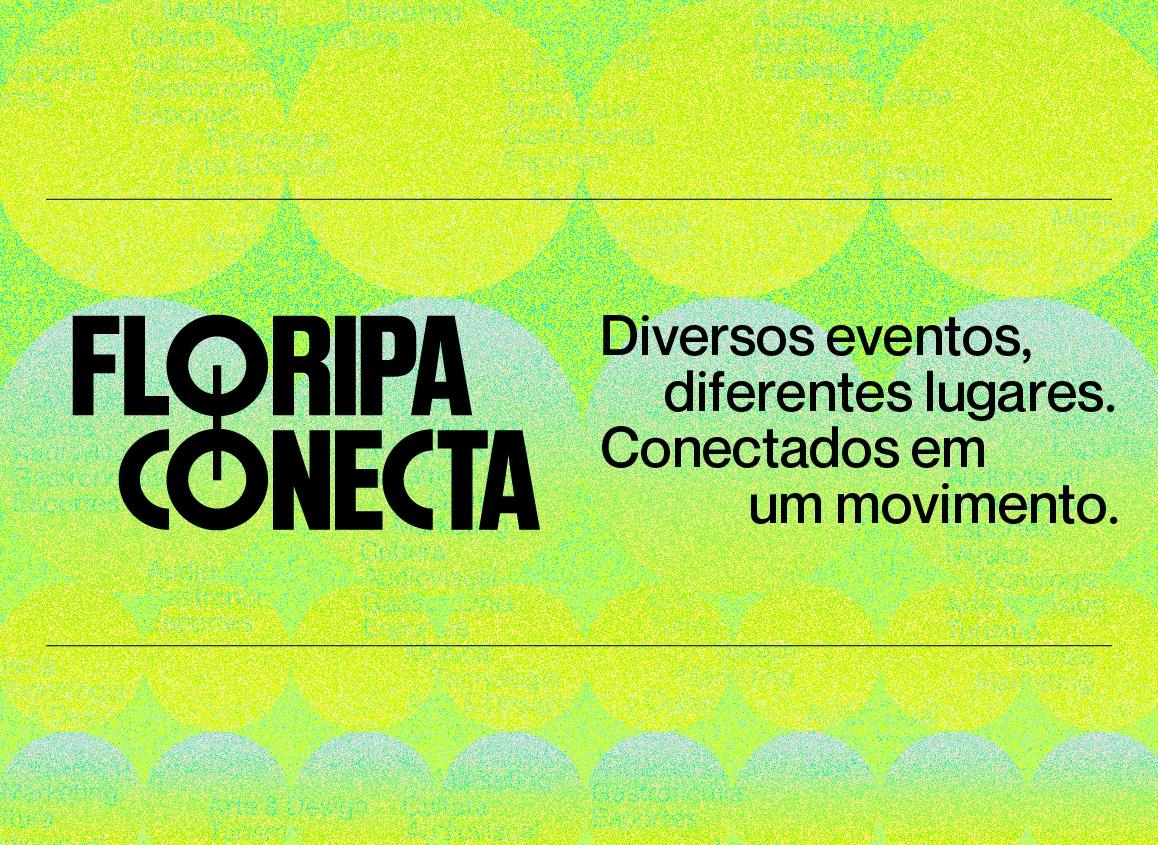
Seasonal Flavors
Every Thursday, Sesc restaurants throughout the state of Santa Catarina will put the Sabores da Estação project into practice. More than offering nutritious, tasty options, prepared with seasonal ingredients, the project works on nutritional education, with the dissemination of simple recipes, accompanied by a technical sheet and nutritional table, so that people can practice the practices disseminated by Sesc at home. Expected outcomes: There are more than 200 preparations throughout the year, served on Thursdays at the buffet, according to the seasonal product and published on Sesc's communication channels with information about the benefits of the food and guidance on how to prepare it. Target Audience: Residents and visitors. Partners: NGOs and private sector.
Type of Activity:
Best Practice
Read More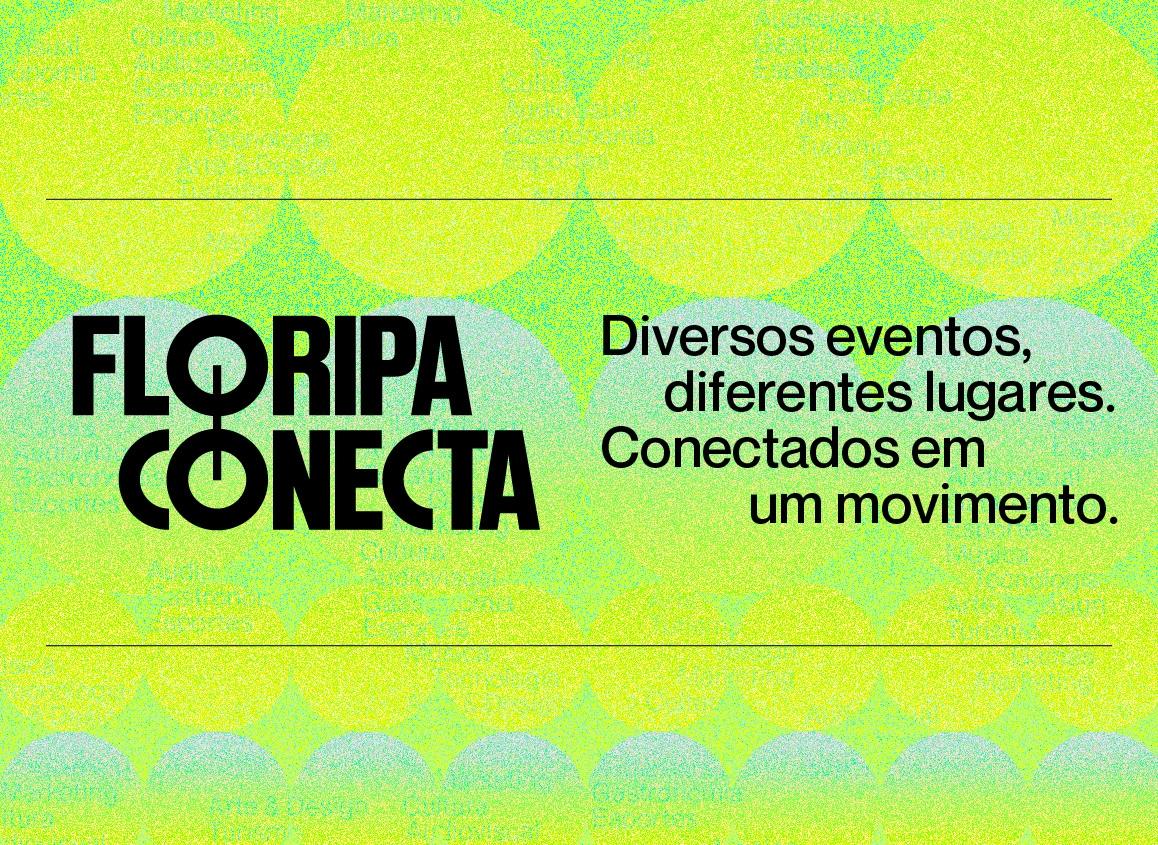
Cultivar Project
The Cultivar project is an initiative to implement Community Gardens, as a positive response to resolving this scenario, not only favoring nutritional aspects, but also contributing to the development of environmental demands and community development. The project teaches people how to produce their own food, including vegetables, legumes and seasonings. Through this project, participants learn cultivation techniques, from planting to harvesting, aiming to promote food security and sustainable consumption. The project values autonomy, connection with nature and seeks to inspire people to become more aware of the origin of their food and adopt sustainable eating practices. The project takes place within the actions planned for Community Development and Food Security and Social Support activities. Expected outcomes: The project values autonomy, connection with nature and seeks to inspire people to become more aware of the origin of their food and adopt sustainable eating practices. Target Audience: Residents. Partners: NGOs
Type of Activity:
Best Practice
Read More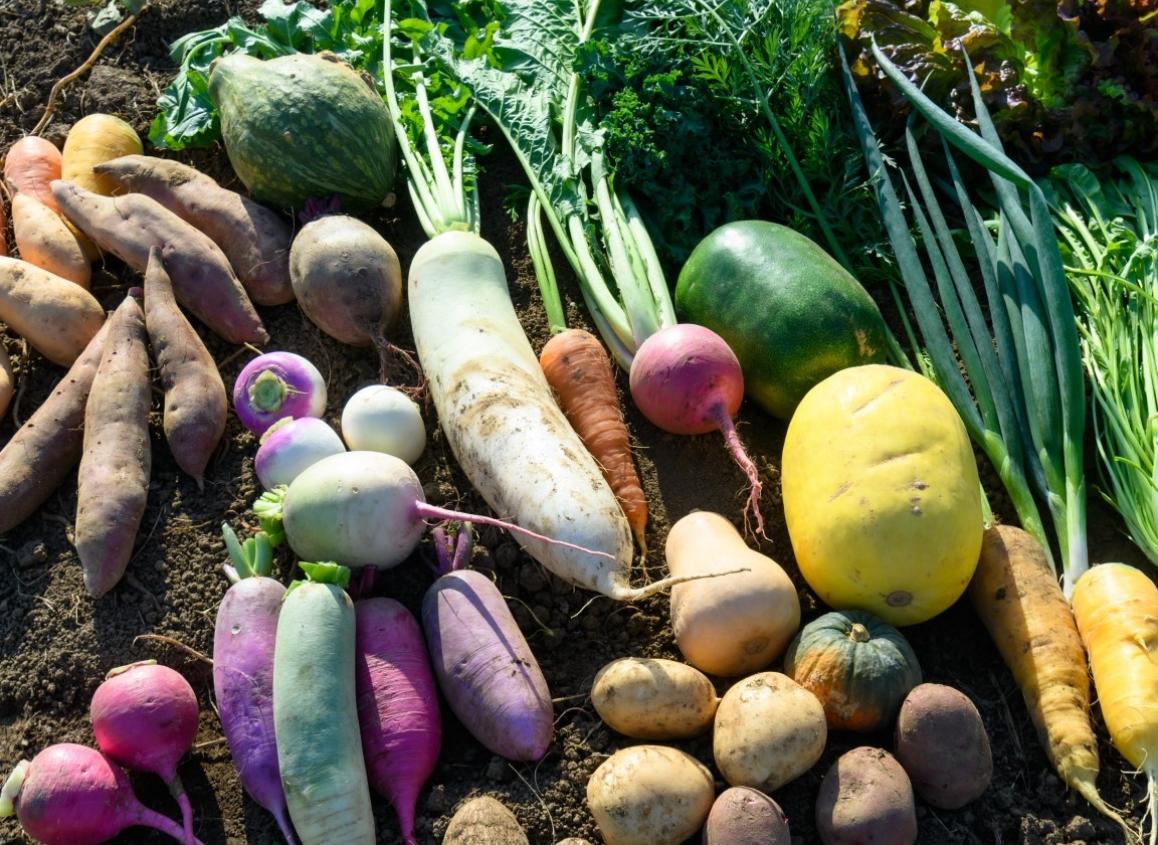
Usuki Slowfood Academy 2024
Study sessions to learn about food choices to achieve a sustainable society by thinking about food-related problems and solutions based on the issues surrounding food system. Expected outcomes: Growing the number of residents who can contribute to realizing a sustainable society. Target Audience: Residents Partners: Government, private sector.
Type of Activity:
Best Practice, Cooperation Project
Read More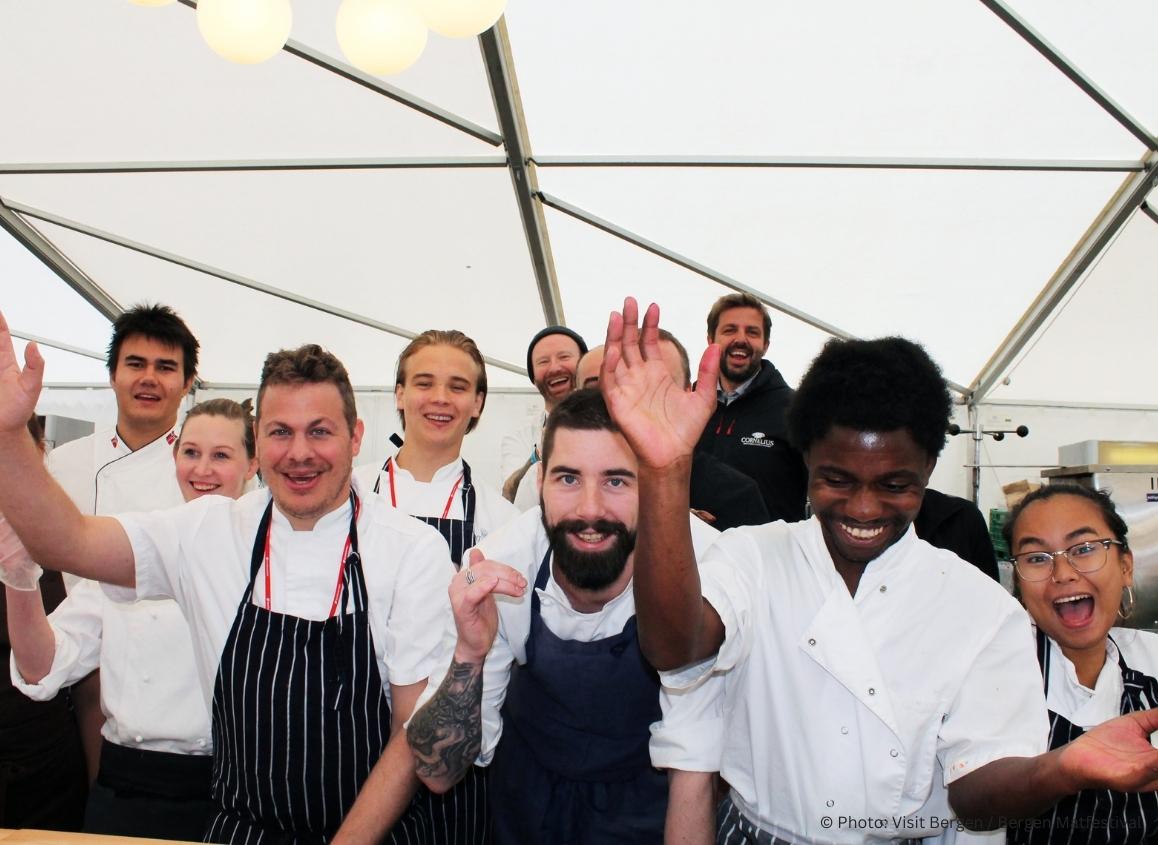
Persetorskens dag (Day of the pressed cod)
Annual "national day" in Bergen to celebrate Bergen's signature dish persetorsk. Established by the Bergen City Council in 2019. Arranged annually since 2020. Growing larger every year. Renaissance of the persetorsk! Expected outcomes: Joy, community, awareness, pride, identity. Target Audience: Residents, NGO's, Private sector, Public sector, Cultural institutions, Visitors, Press & media.
Type of Activity:
Best Practice, Communication, Cooperation Project, Event
Read More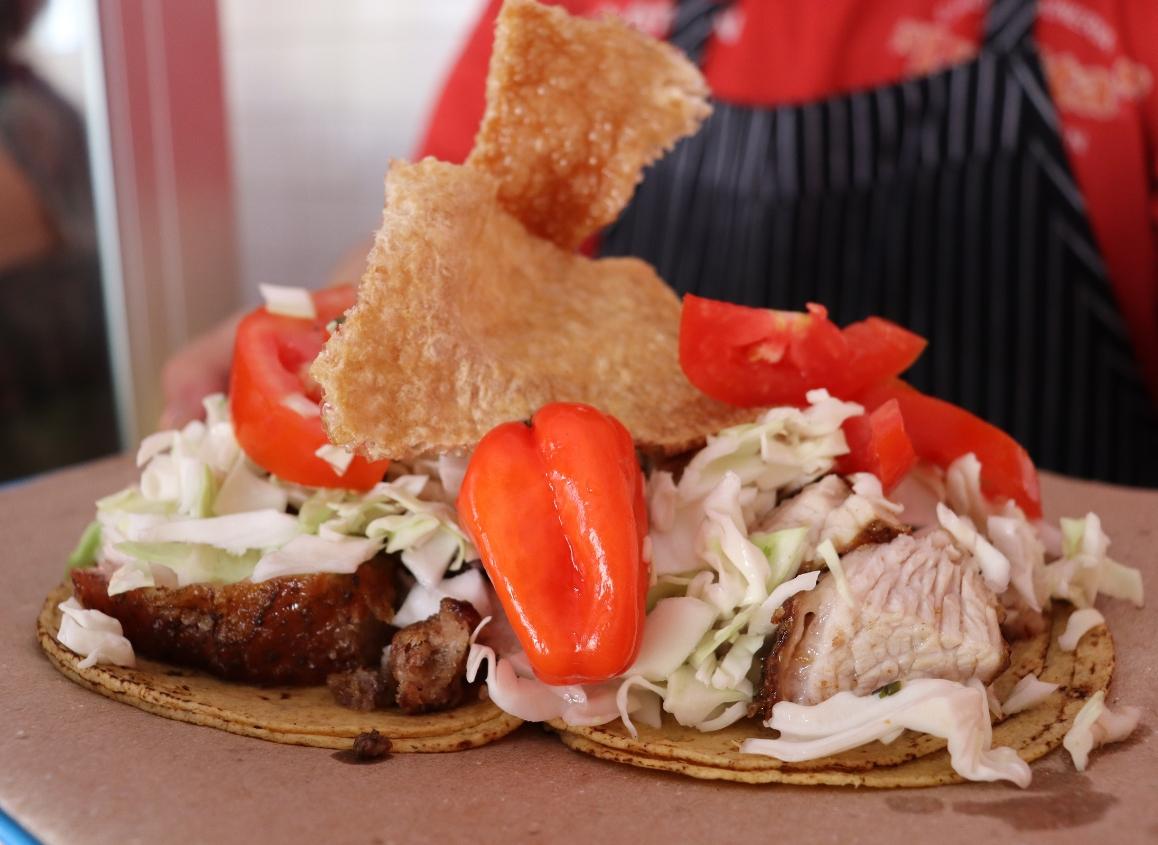
Festival de la chicharra de Xcalachén // Chicharra festival at Xcalachén
This project aims to restore social fabric and promote the Xcalachén neighborhood, located in the south of the City Center of Mérida, through a festival with music, traditional games and its trademark dish, the Chicharra, which is a very famous and ancestral way to cook pork. Expected outcomes: This event started in 2016, and has been evolving, adding some other important values such as: Familiar atmosphere, Sustainable and good practices actions. In 2024 it aims to bring together 10 of the most famous artisan Chicharra makers of the city. The expected participation is of over 5000 people. As in previous years, it is expected that the economic spillover on the day of the event will be around $50,000 and that the Chicharra sales will increase significantly throughout the year. Target Audience: Residents, Private sector, Visitors. Partners: Government, Private sector.
Type of Activity:
Event
Read More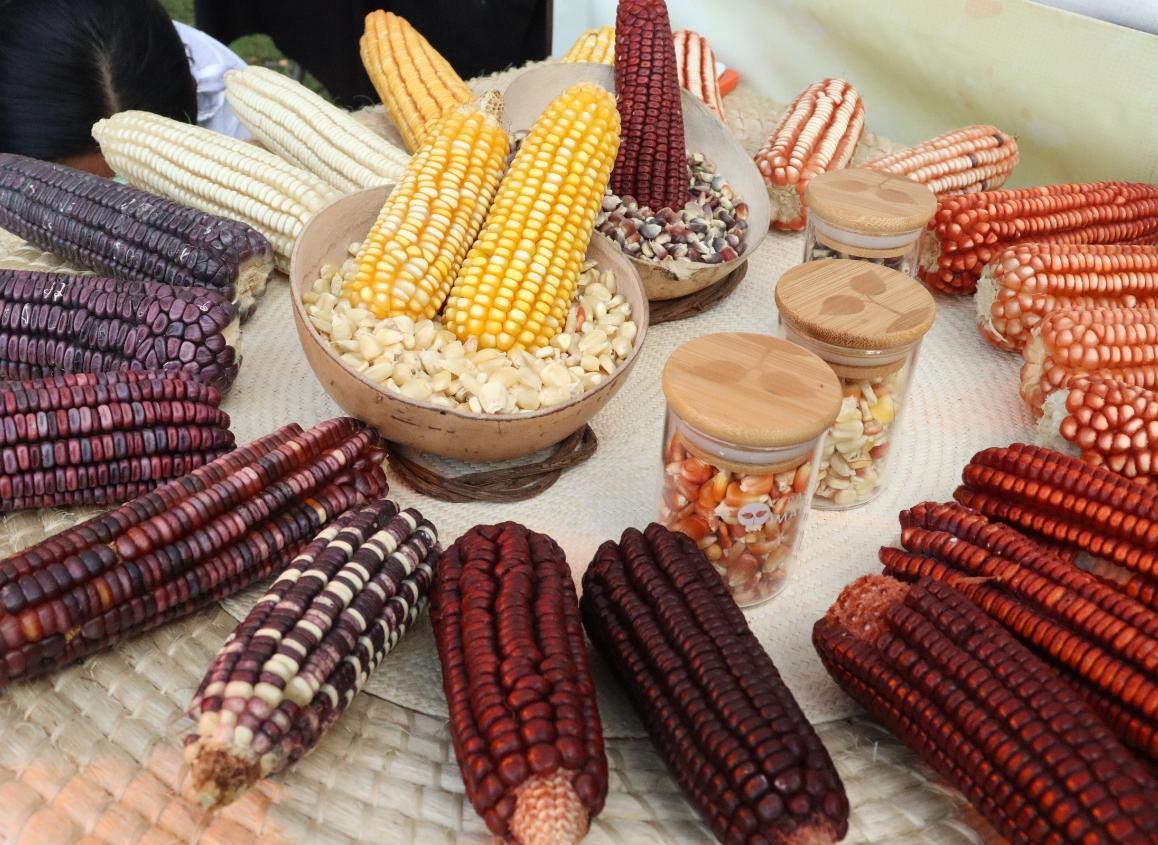
Pueblos del Maíz // Peoples of corn
During various dates in 2024 the cities of corn will host events related to corn from a holistic perspective. Universities, learning centers, non profit organisations, local clusters of chefs and more. The event in Merida includes the following: 3 public food events including the street food festival of local "grab and go" food related to corn like: salbutes, polcanes, chayitas, codzitos, empanadas and others; 1 day for lectures and performances about maize and its relevance in Mexico's culture; Live music and arts sessions in downtown; Collaborative beer; Chef exchanges. Communication strategies will start at the begining of 2024 Expected outcomes: The street food festivas has an expected participation of 5,000 visitors per day, 10,000 in total; 25 small producers and food related services. The lecture at the university has an expected audience of 200 people. Mérida expects the participation of 3 chefs from partner cities for knowledge and tradition sharing. Mérida expects to continue with the “Gastronomy of Climate Change,” program and will involve one or more local chefs demonstrating how to use local ingredients of their city to make an iconic dish of an identified city projected to have a climate like theirs 50 years from now. Target Audience: Residents, NGO's, Private sector, Academic institutions & research centres, Visitors, Press & media. Partners: Government, NGOs, Private sector, Universities or research centres
Type of Activity:
Event
Read More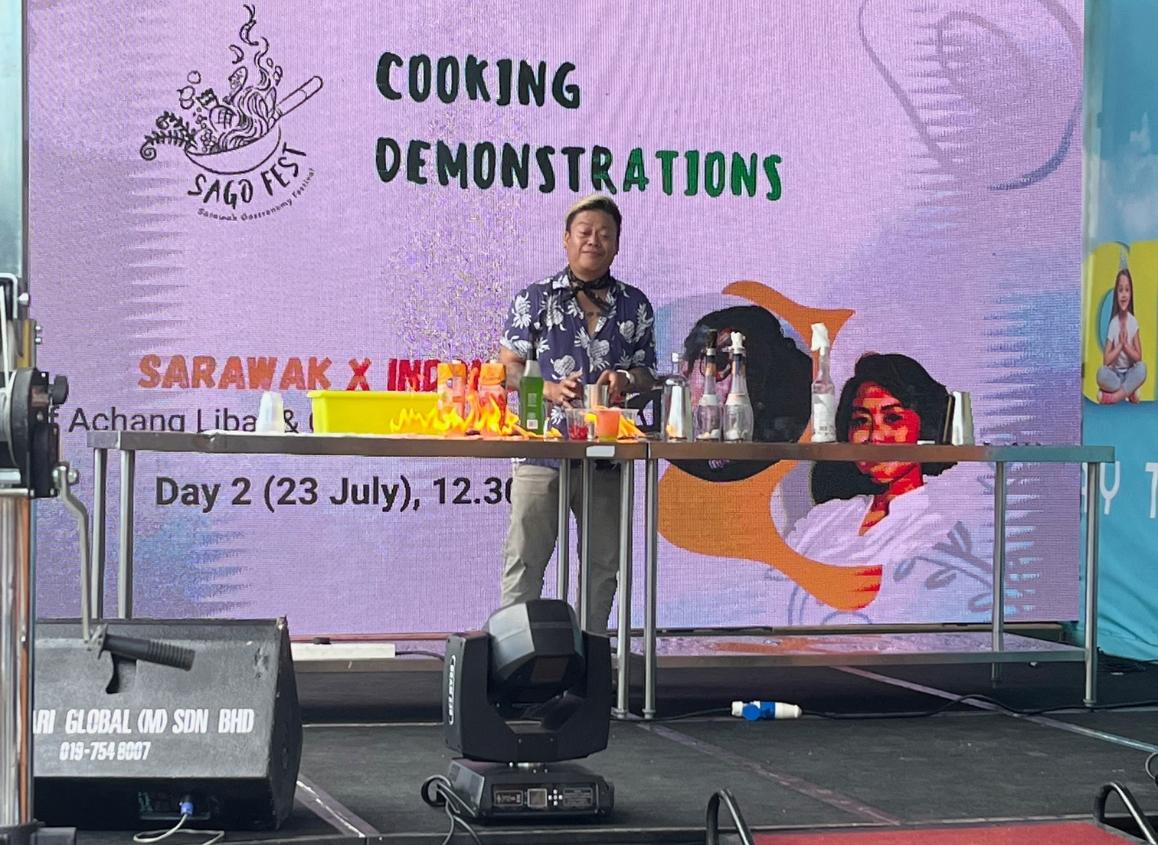
Staple: a rice event at Rainforest Fringe Festival
A 10 day event to highlight the importance of Sarawak and global rice culture within an ongoing festival. Exhibitions, talks, workshops featuring contributors who use rice as a starting point in storytelling and other media, alongside a 3 day gastronomic festival focusing on rice and its fermentation into Tuak. Expected outcomes: Attendance by a broad range of stakeholder, both domestic and overseas. Crowdsourced flavour and aroma descriptors for Sarawak rice varieties and online memory collective of rice practices and rituals. Economic impact for hawkers and stallholders. Target Audience: NGO's, public sector, academic institutions & research centres, cultural institutions and visitors. Partners: Government, NGOs, private sector, universities or research centres, culinary schools and others.
Type of Activity:
Event
Read More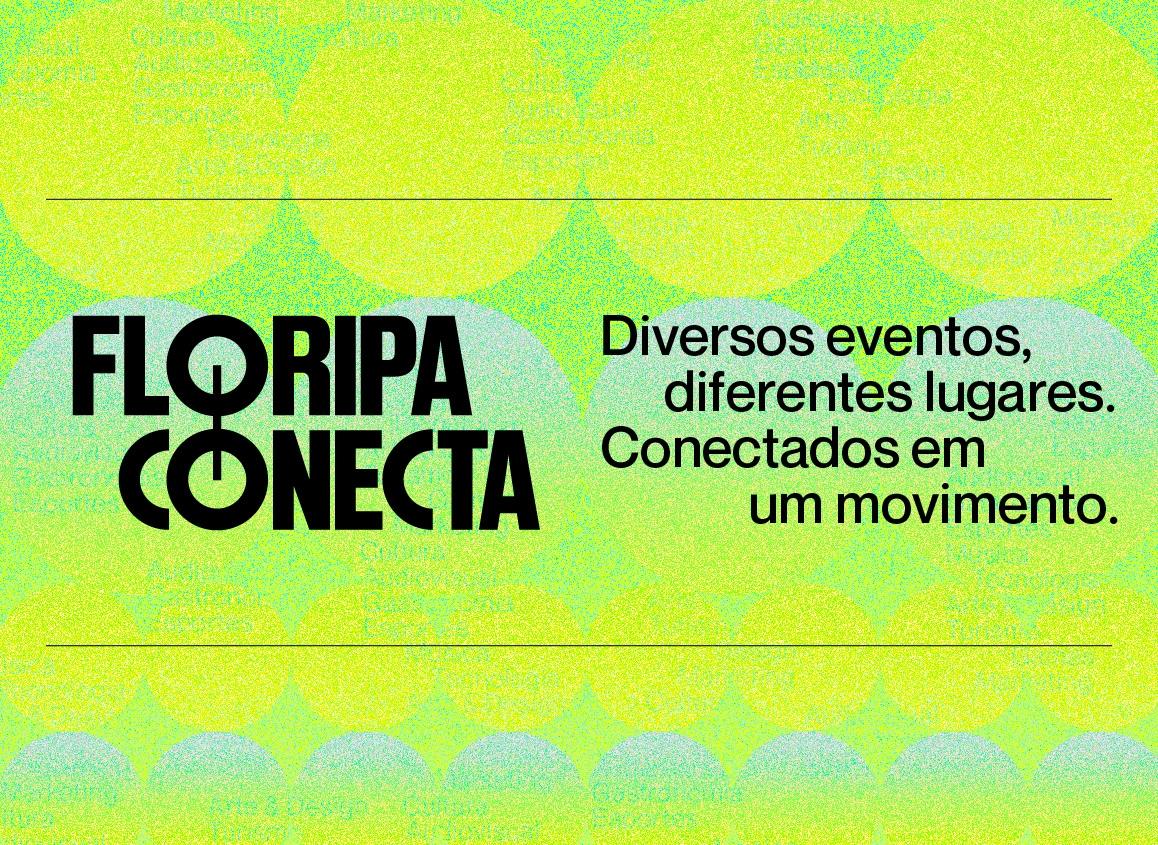
Floripa Conecta
Floripa Conecta is a connection movement between public and private initiatives and events in the city of Florianópolis and created with the purpose of strengthening regional economic development as well as uniting actors in technology, tourism and the creative economy. Floripa builds, collaborates, colors, converges, comforts, cooperates, conquers, shares. Expected outcomes: 200 Events 150,000 People $25 Million Economic Impact $10 Million Estimated Value in Media Return Tourist from all over the 26 Brazilian States and from 25 different countries The main objective is to ensure that, for example, technology and tourism go together through the concept of creative economy, taking into account that creative assets generate economic growth and development. It works as a connection platform, a HUB of different events that take place at the same time in Florianópolis. It is a creative movement that connects diverse projects in technology, marketing, art, design, Culture, Sport, Tourism, Gastronomy, Innovation, Business and fashion independently. Results 288 Events 260,000 People $50 Million Economic Impact $15 Million Estimated Value in Media Return Tourist from all over the 26 Brazilian States and from 20 different countries Target Audience: Residents, NGO's, Private sector, Academic institutions & research centres, Visitors, Press & media Partners: Government, NGOs, Private sector, Universities or research centres and press.
Type of Activity:
Best Practice, Communication, Cooperation Project, Event
Read More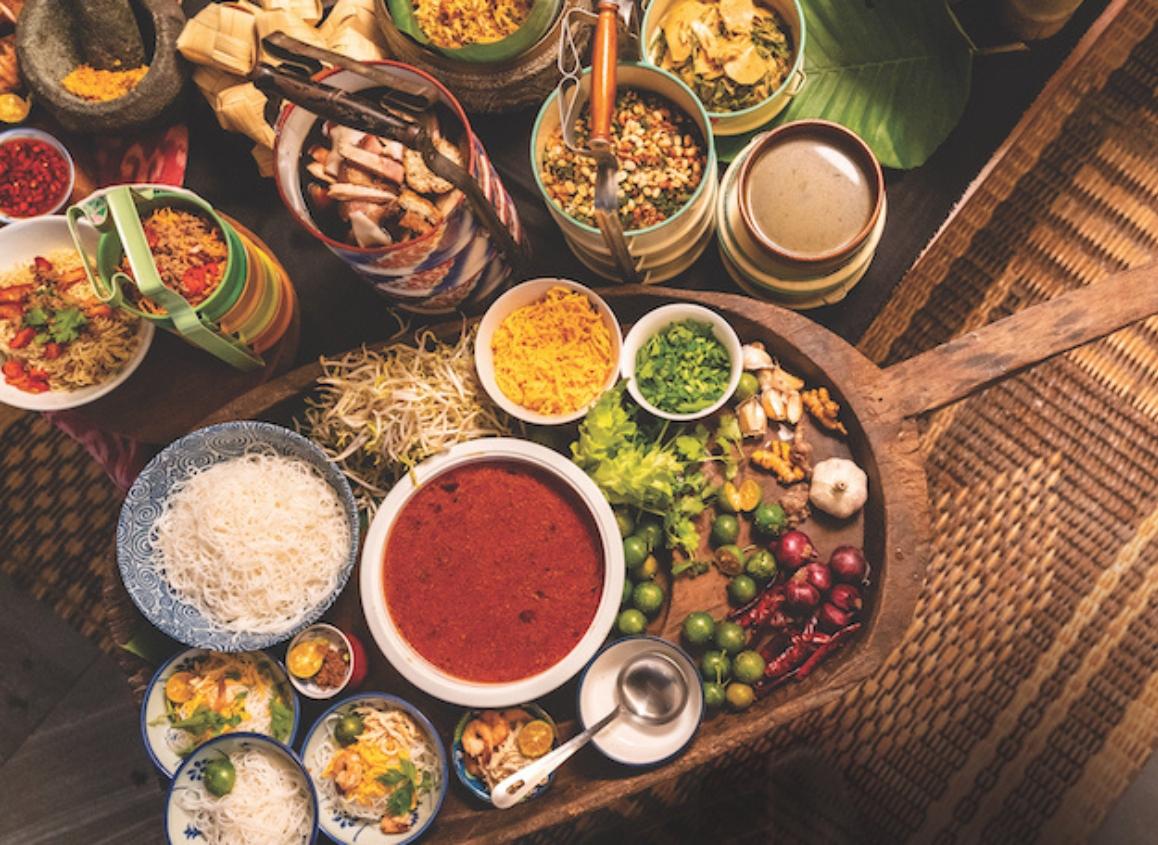
RiceFest: A grain of culture
Rice Festival to coincide with EAT Conference celebrating rice heritage within ASEAN region. Expected outcomes: Attendance by general public to series of talks and workshops on rice heritage alongside economic boost for artisans and growers through bazaar and craft fair. Secondary incomes for smallholders through tourism packages focusing on rice agriculture. Target Audience: Residents, private sector and visitors. Partners: NGOs
Type of Activity:
Event
Read More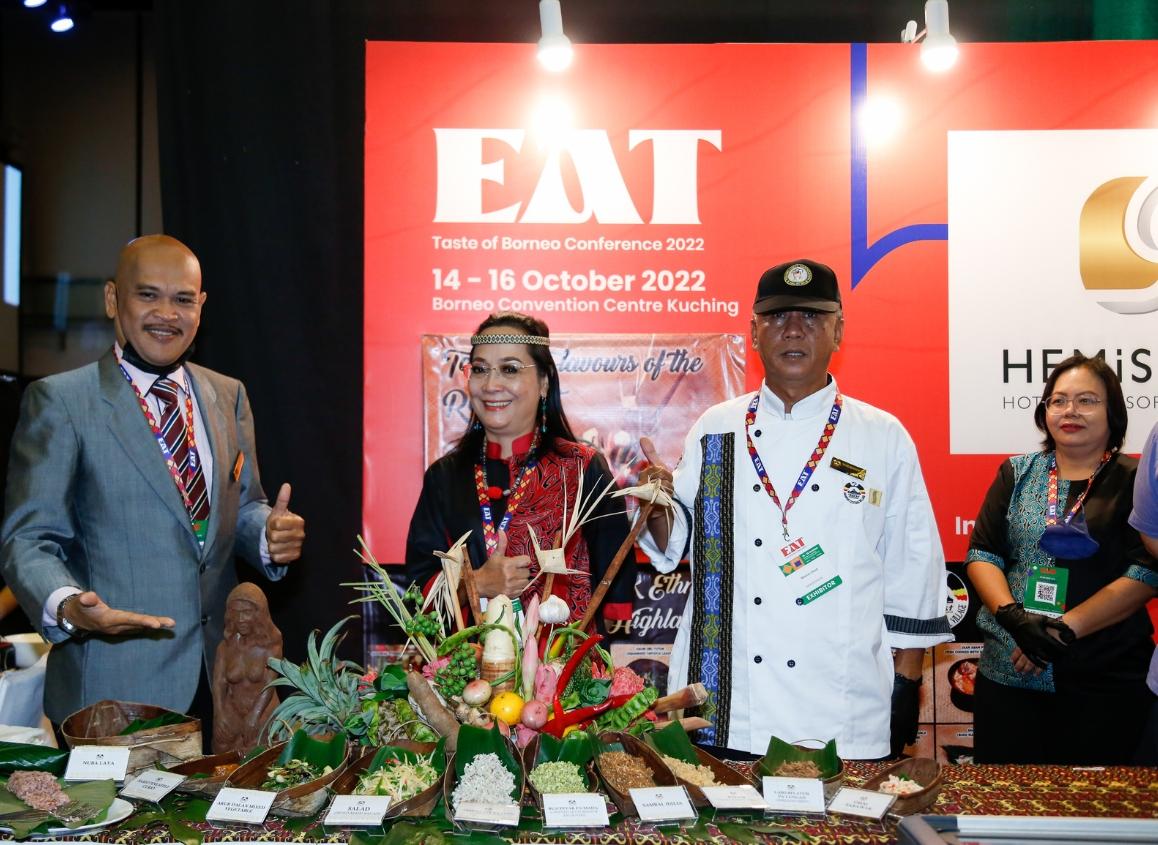
EAT Conference (Engage and Taste Borneo)
Second edition of homegrown conference on issues and solutions facing the food sector. Expected outcomes: Attendance by 300-500 delegates in a knowledge-sharing platform. Related communications activities and exhibition attendance by a broad range of stakeholders. Target Audience: Private sector, academic institutions & research centres. Partners: Government, NGOs, private sector.
Type of Activity:
Best Practice
Read More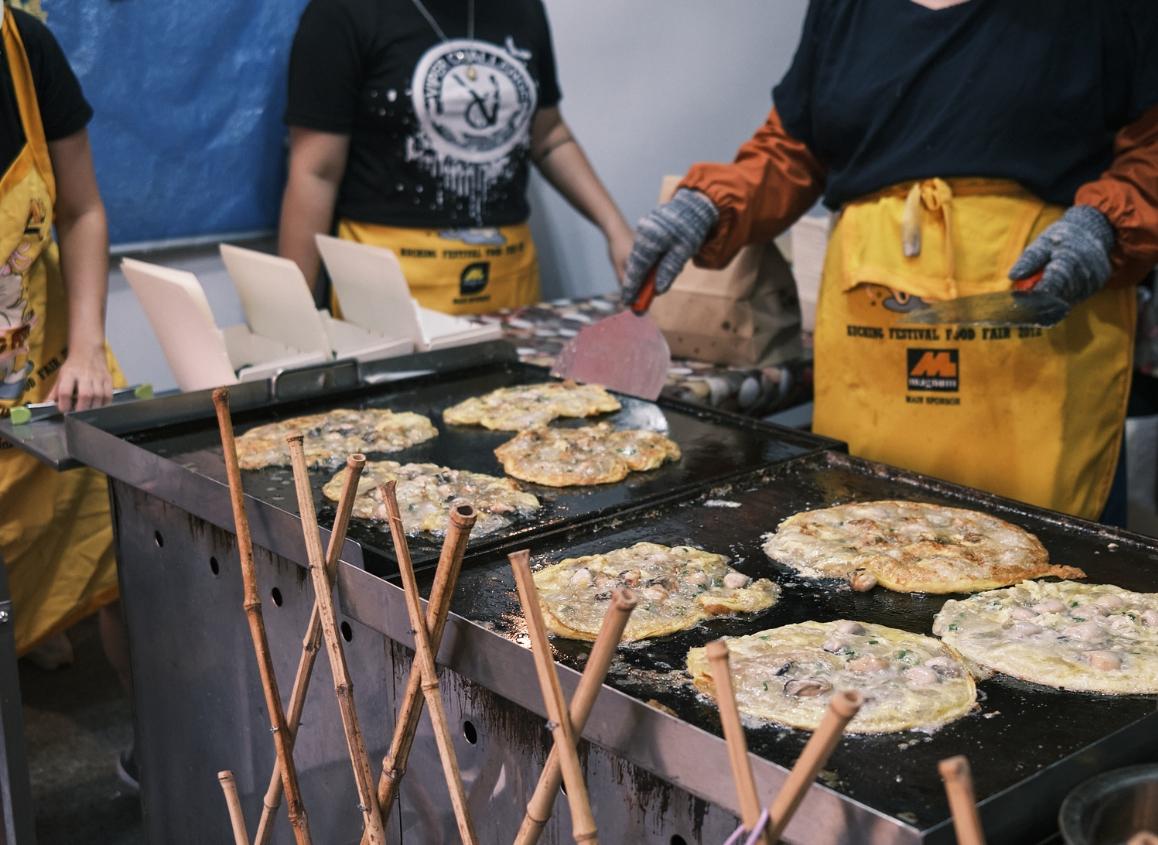
Kuching Festival: The international edition
UCCN Kuching is seeking to include programming with other network cities in this established food festival. Expected outcomes: Inclusion of UCCN cities into Kuching's largest existing food festival; related communications activities documenting creative gastronomy of Kuching and other network cities. Target Audience: Residents, private sector, public sector, visitors. Partners: Government and private sector.
Type of Activity:
Cooperation Project
Read More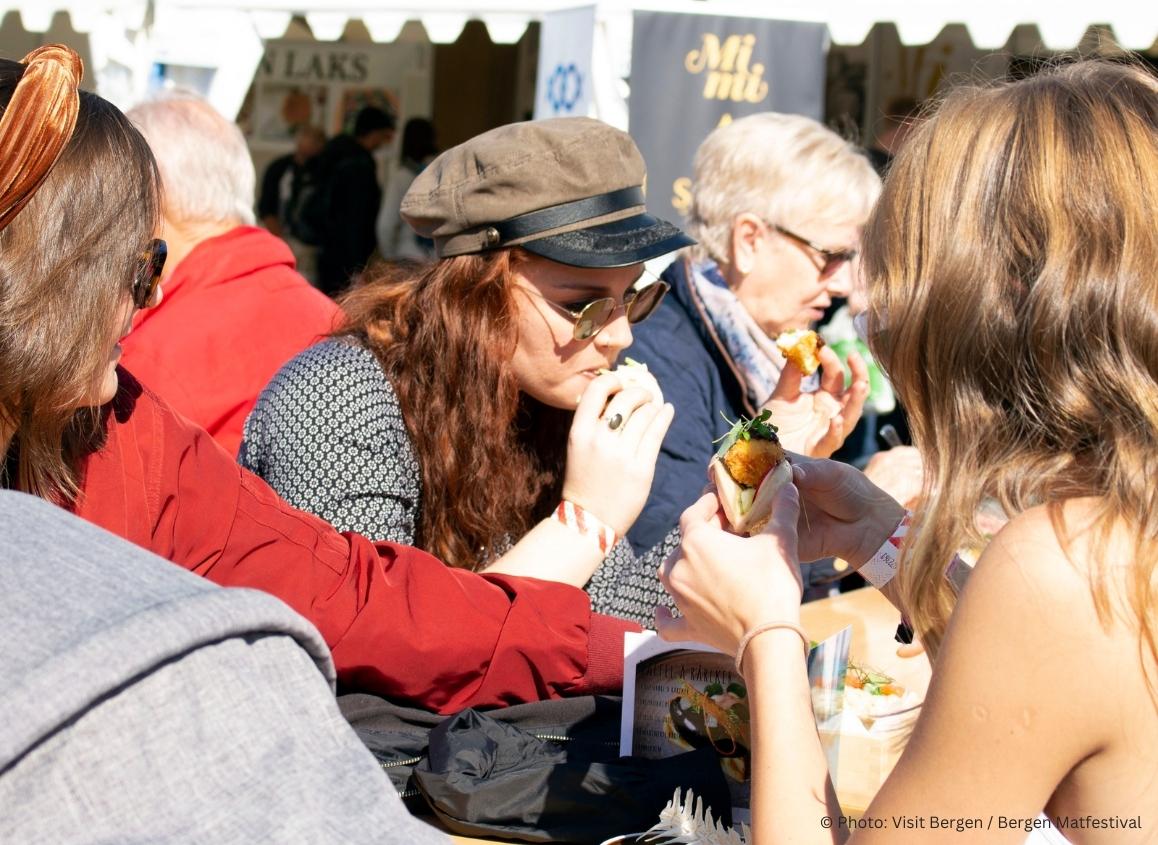
Bergen Food Festival
The large annual festival to celebrate the food culture of Bergen and the Bergen region. Expected outcomes: Pride, identity, joy. Partners: Government, NGOs, Private sector, Universities or research centres, Culinary Schools. Target audience: Residents, Visitors
Type of Activity:
Best Practice, Communication, Cooperation Project, Event
Read More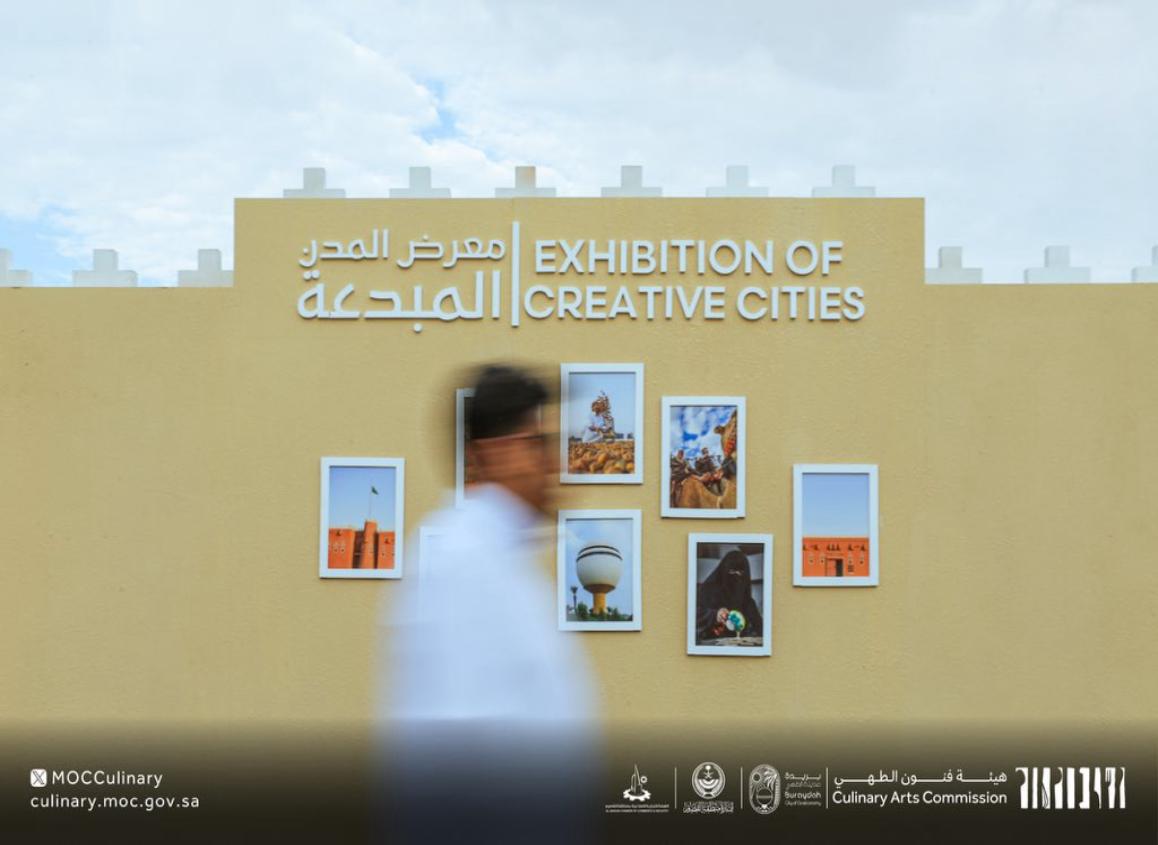
Creative Cities of Gastronomy Exhibition
From September 11 to 15, Buraydah hosted the Creative Cities of Gastronomy Exhibition in collaboration with the Culinary Arts Commission. The event showcased 22 UNESCO Creative Cities of Gastronomy from around the world, highlighting their rich culinary traditions through live cooking demonstrations. Each participating city presented its unique dishes in dedicated pavilions, allowing visitors to taste local specialties, interact with chefs, and discover the ingredients and techniques that define each city's culinary identity. A special pavilion focused on Buraydah’s contributions to the UNESCO Creative Cities Network, emphasizing its history and cultural heritage. The exhibition also featured sections dedicated to Saudi coffee and dates, showcasing Buraydah’s renowned food culture. This celebration not only promoted Buraydah as a gastronomic destination but also facilitated cultural exchange between the participating creative cities. Expected Outcomes: The exhibition aims to foster cultural exchange by showcasing the culinary heritage of 22 cities, highlighting their diverse traditions and unique ingredients, and showcasing Buraydah’s cuisine on the global stage while exploring innovative techniques and engaging visitors with talented chefs and time-honored culinary practices that define each city. Targuet Audience: Residents, Visitors, Press & media. Partners: Government, Private sector.
Type of Activity:
Best Practice, Communication, Cooperation Project, Event, News
Read More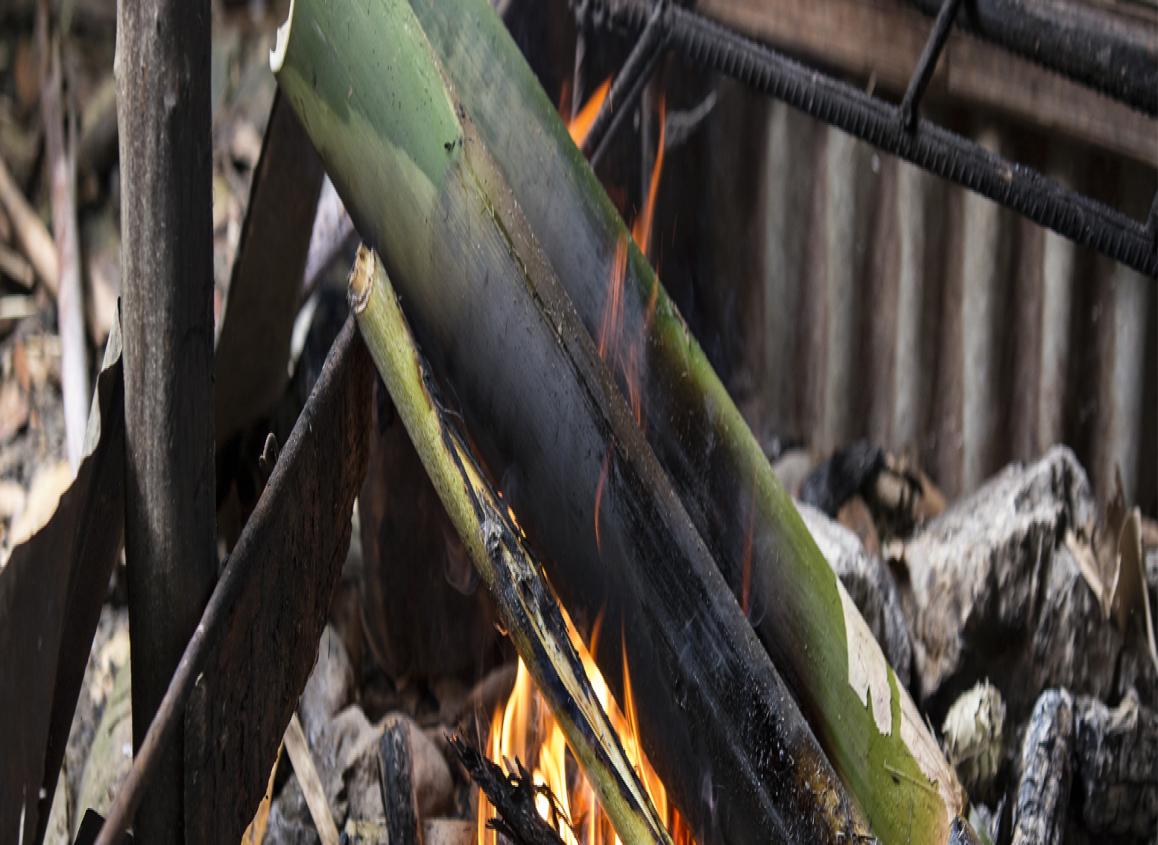
Intercultural Mooncake Festival
An annual event to coincide with the Mid-Autumn Festival, showcasing aspects of Sarawak's culture and food. Ethnically diverse, it highlights the confluence of Sarawak cultures and urban unity. Expected outcomes: Event featuring artisanal and heritage food providers to raise awareness with the general public and related communications activities. Target Audience: Residents and visitors. Partners: Government, private sector.
Type of Activity:
Event
Read More





